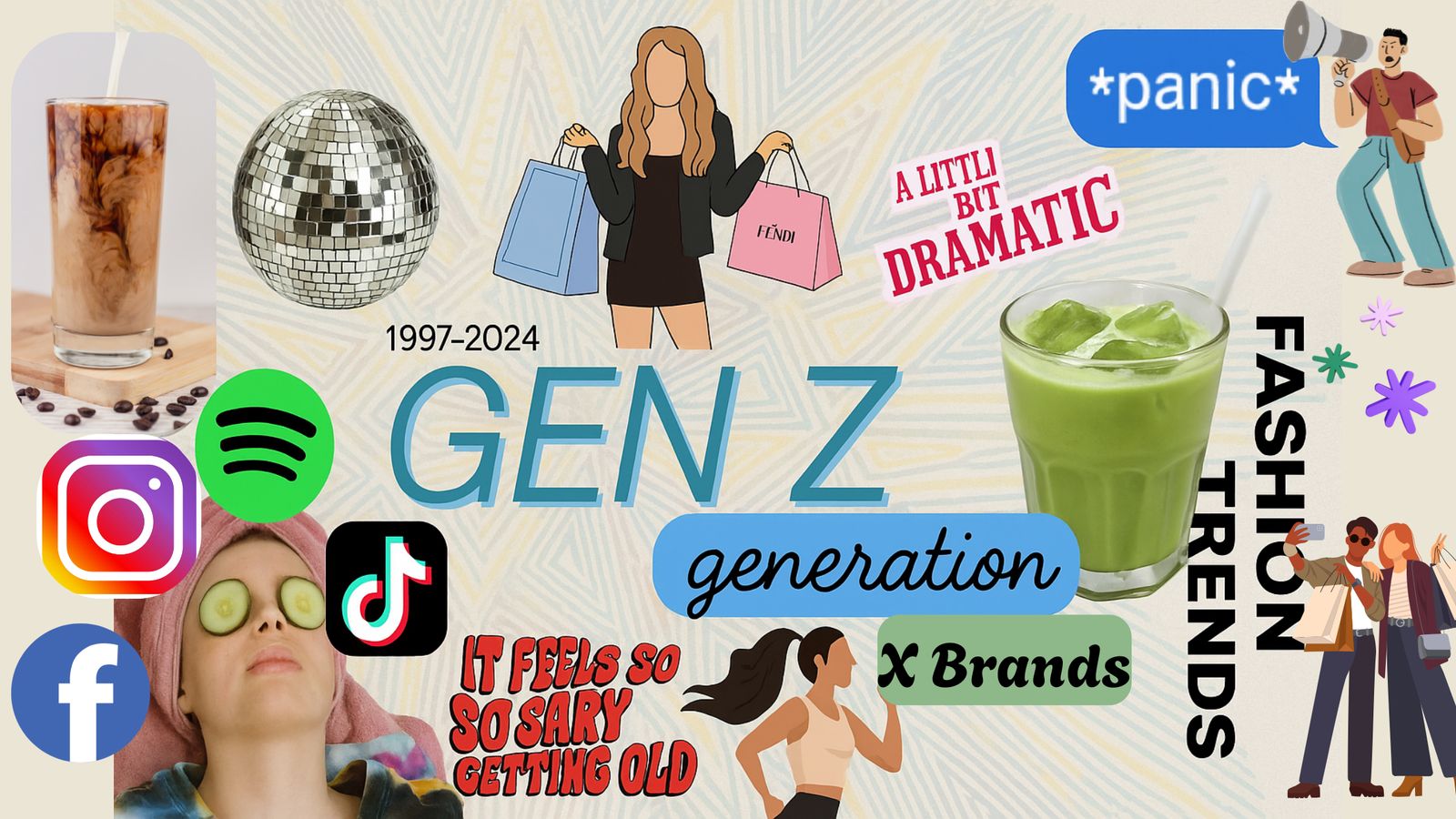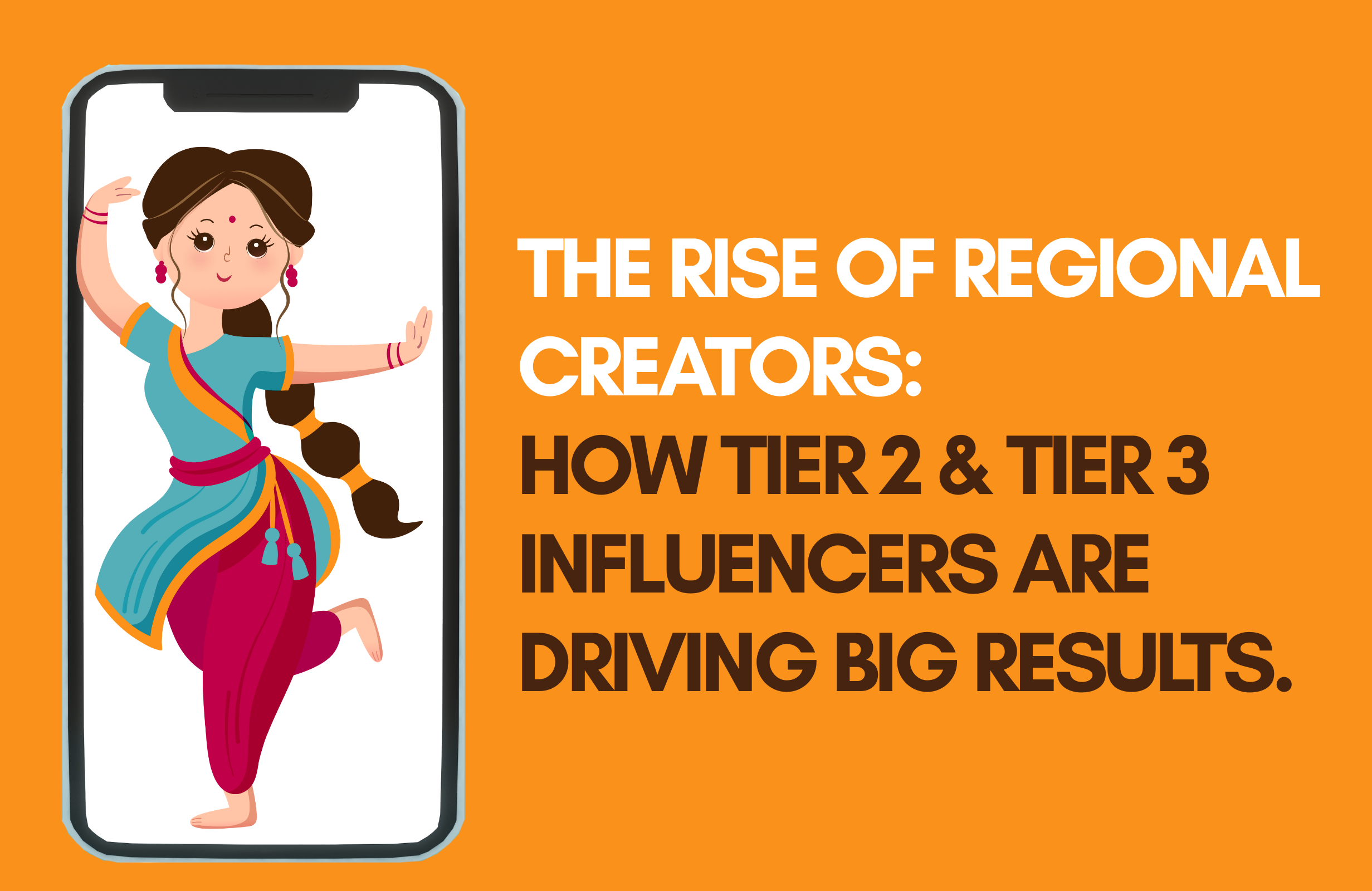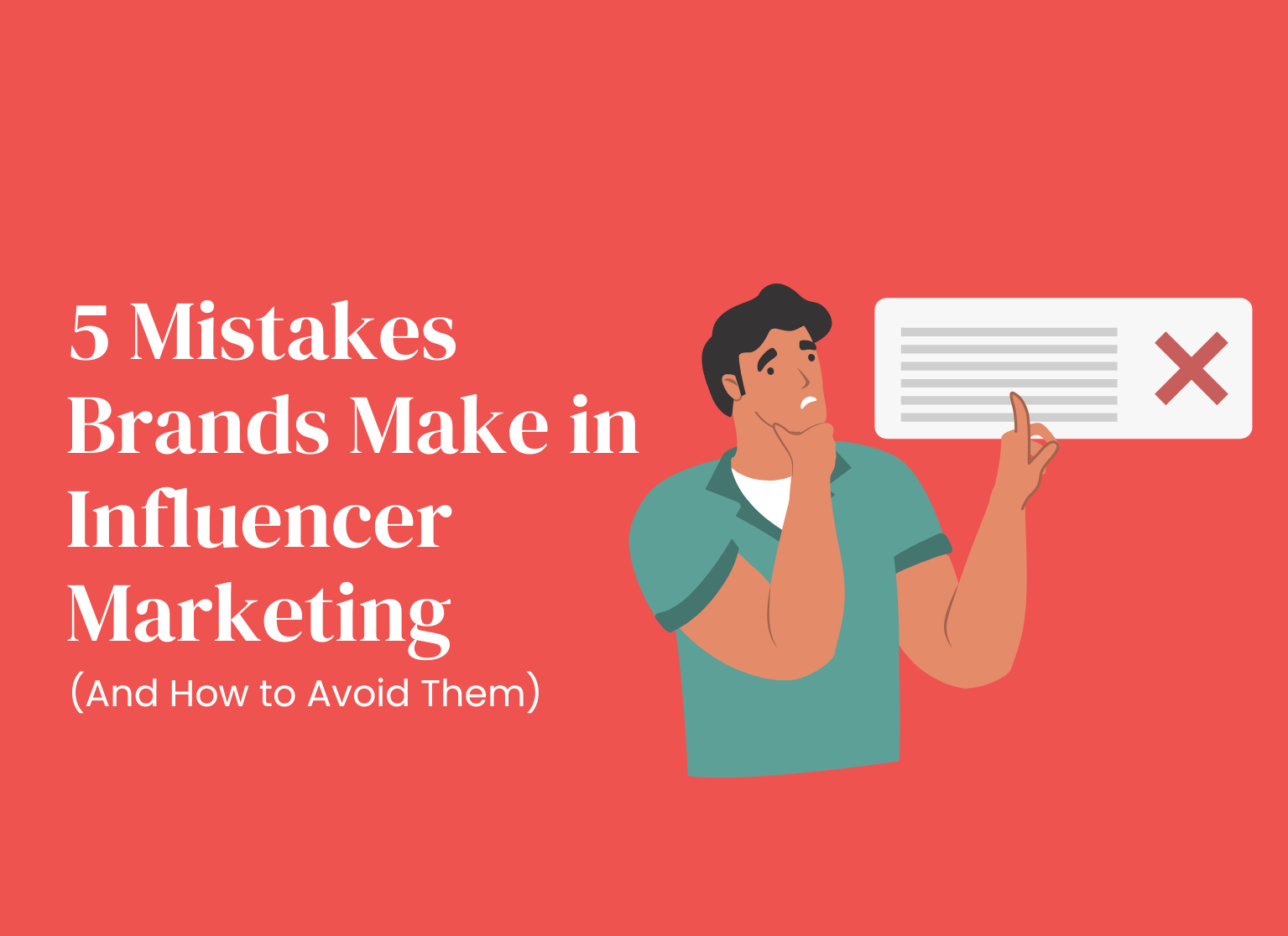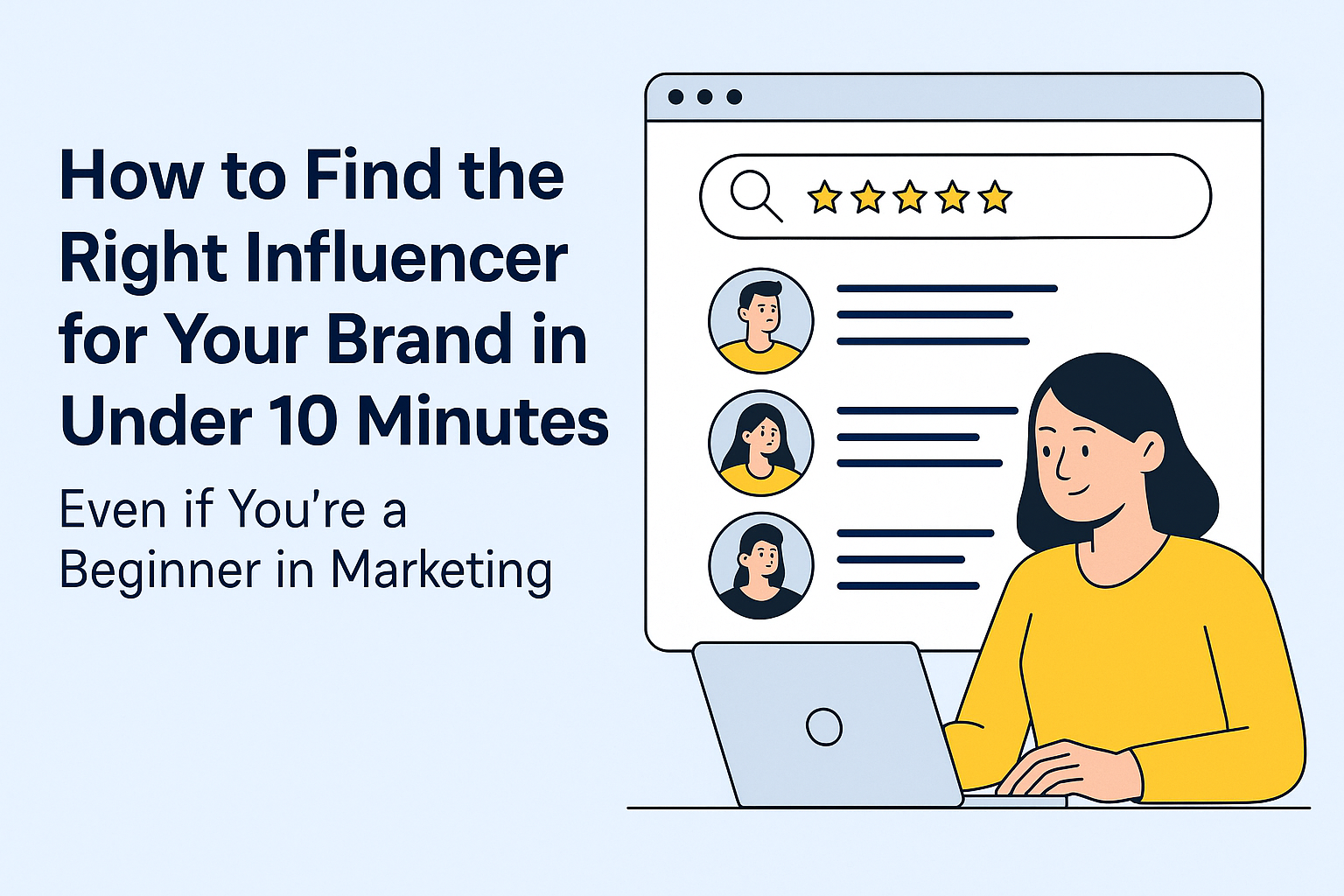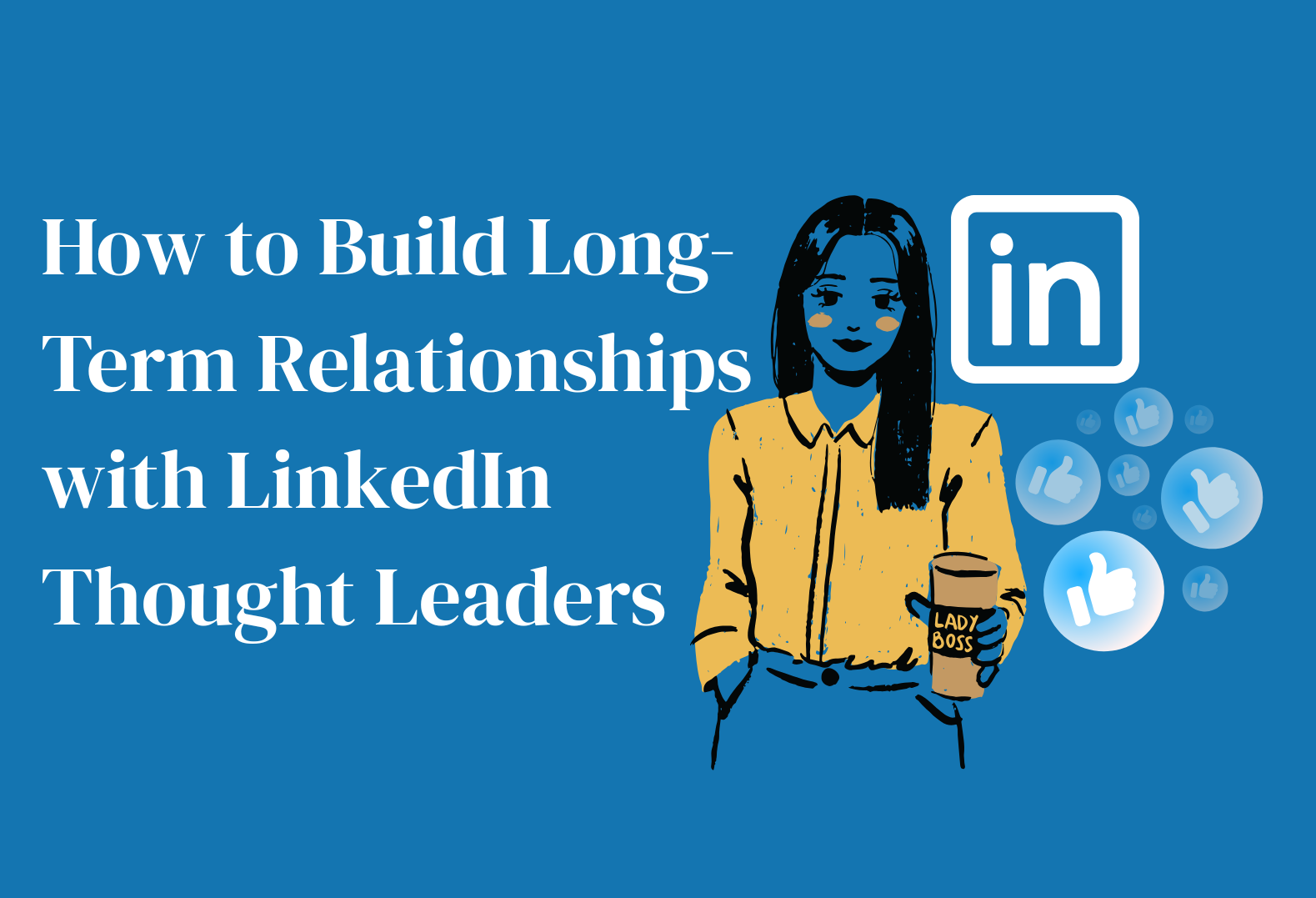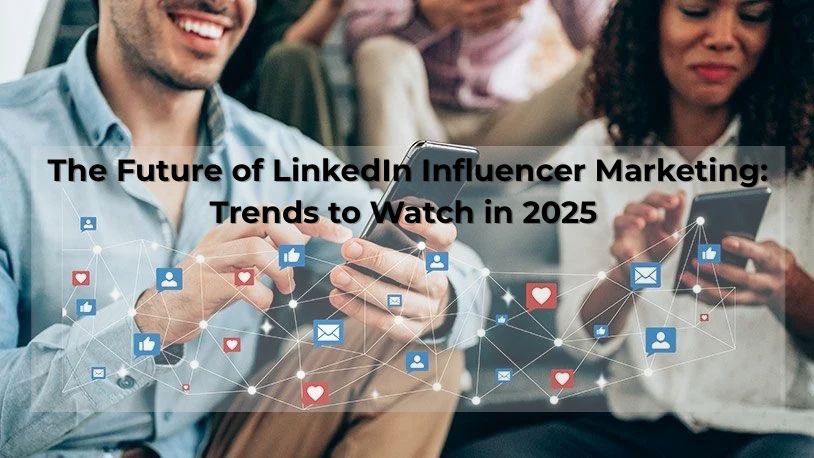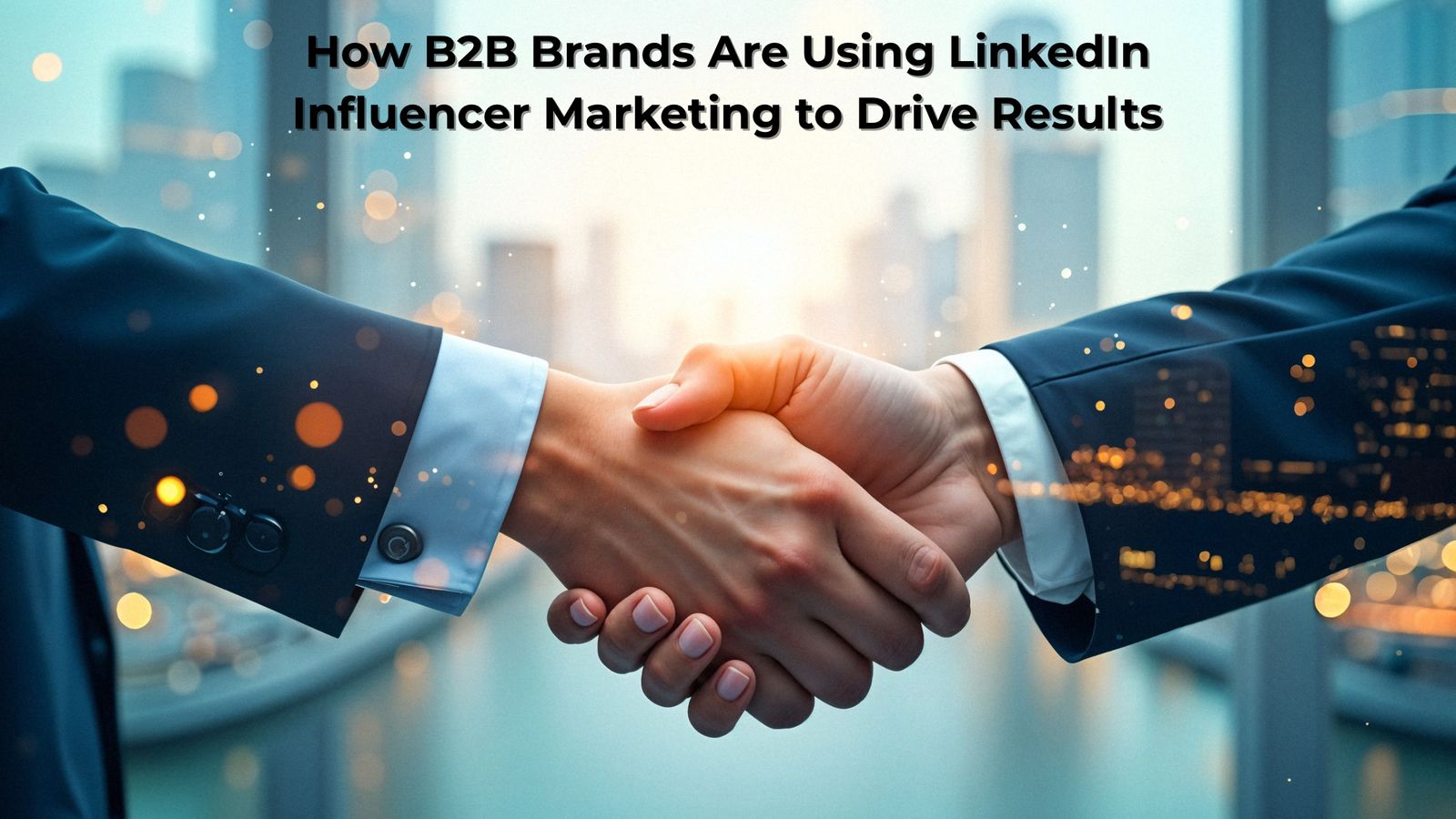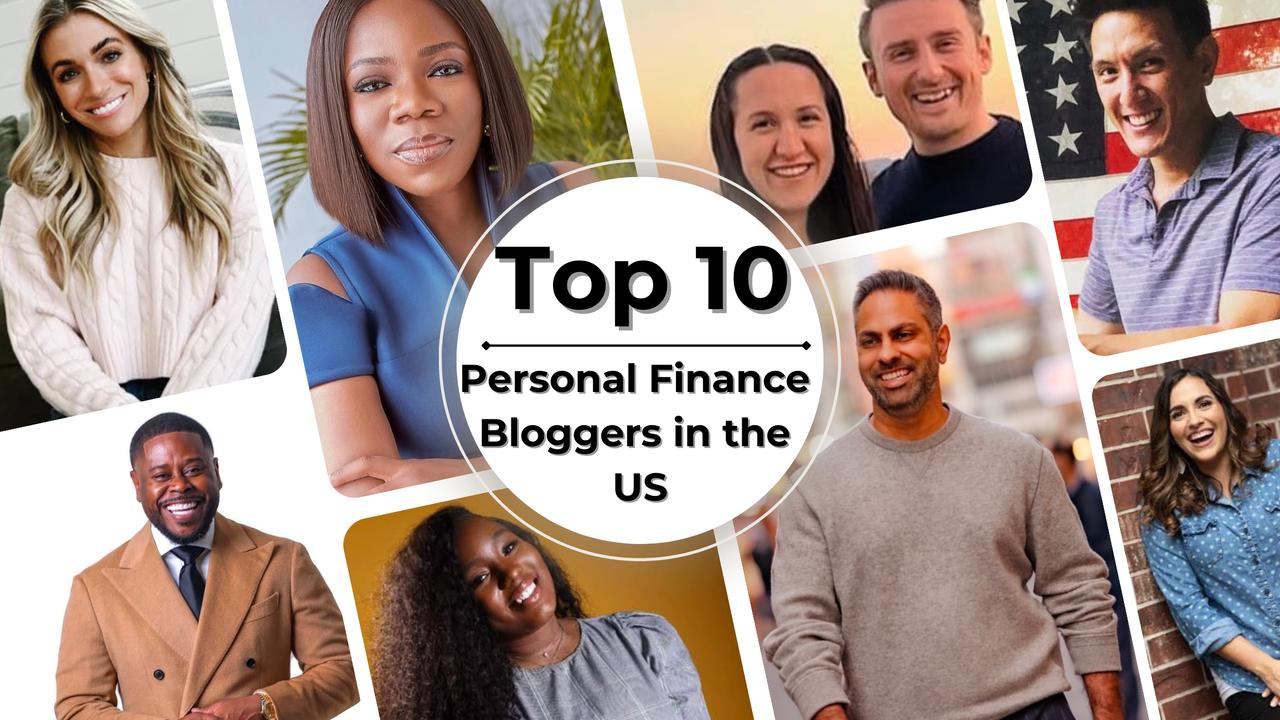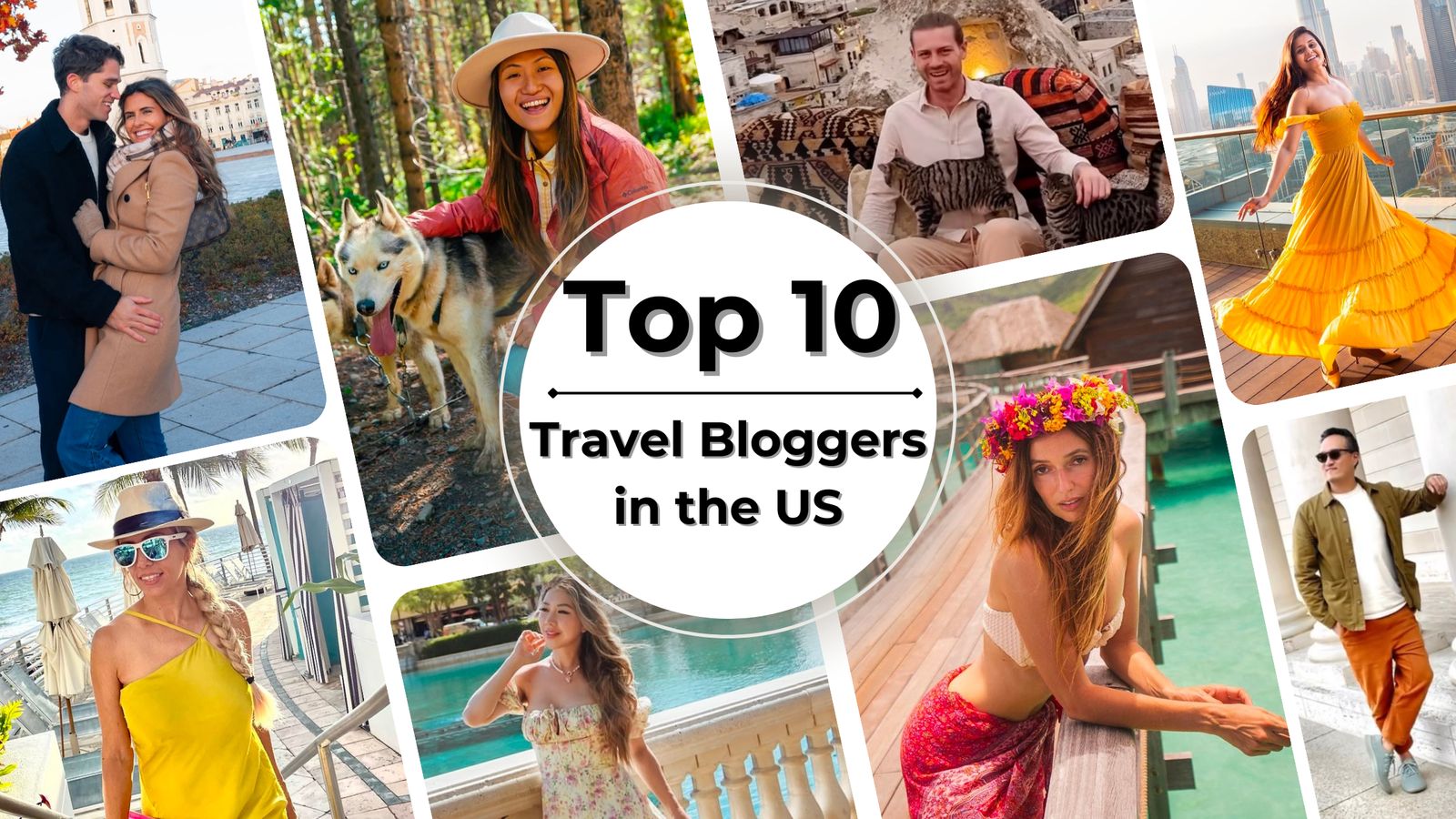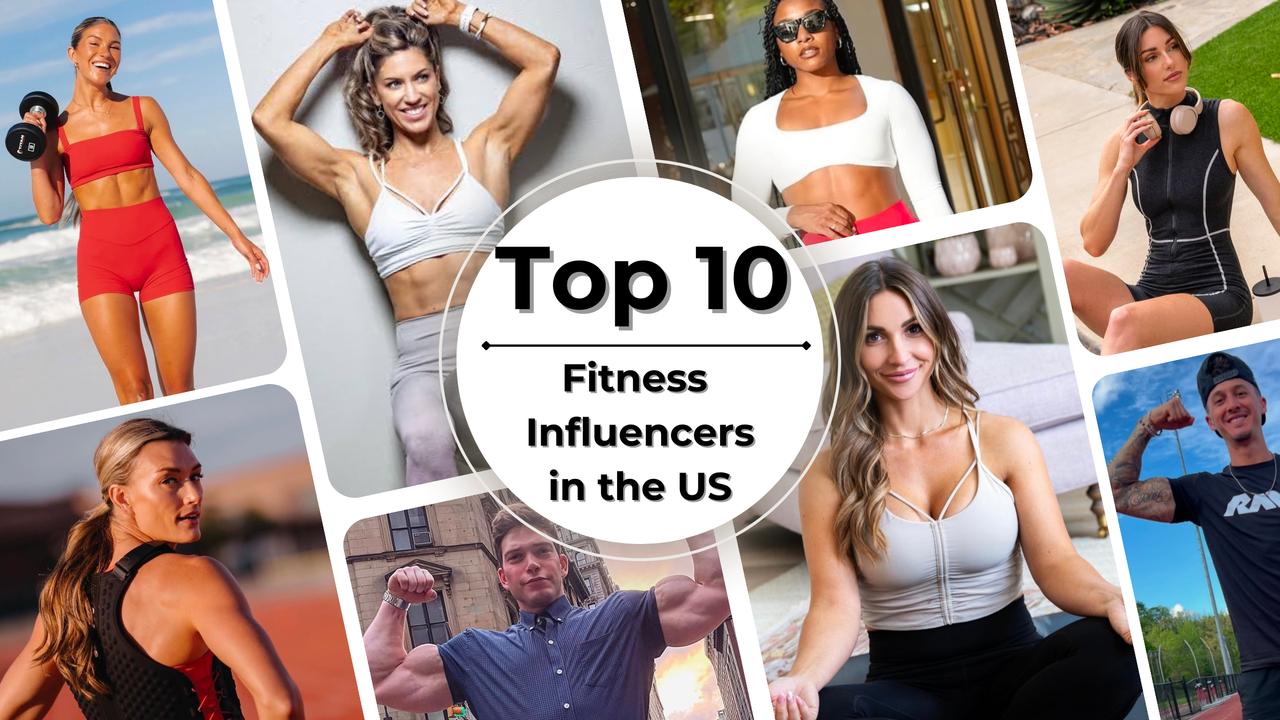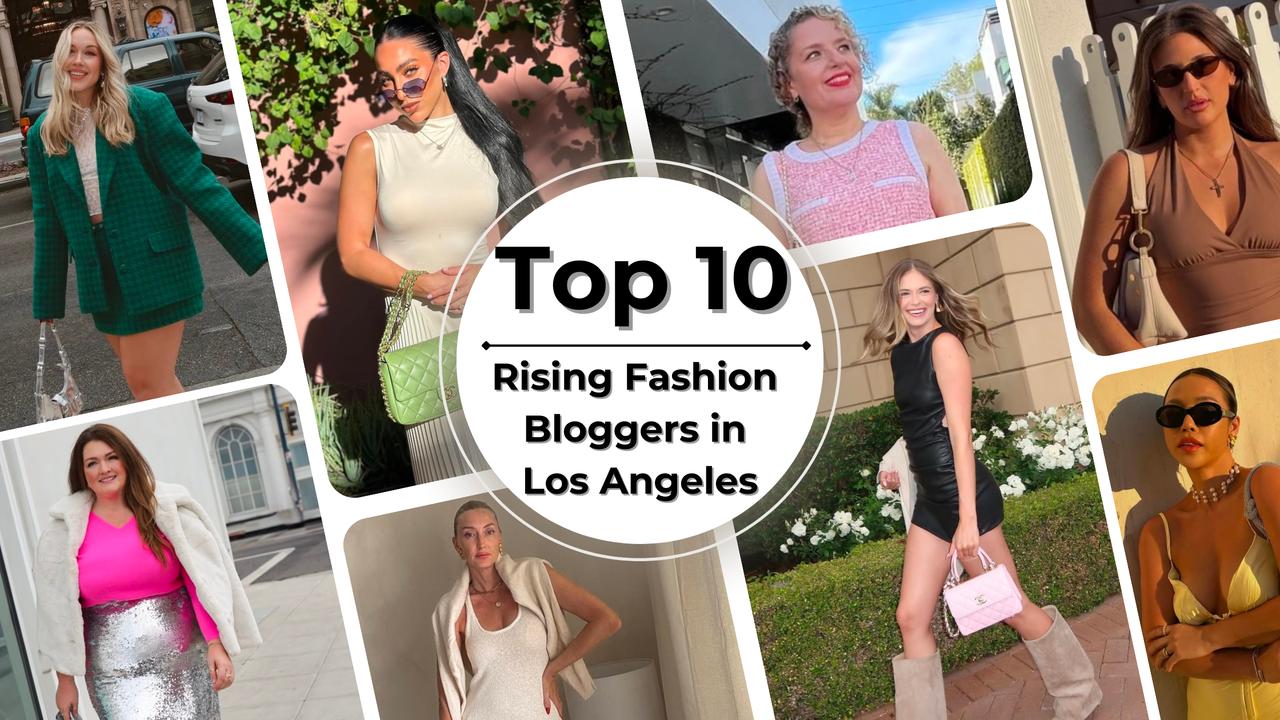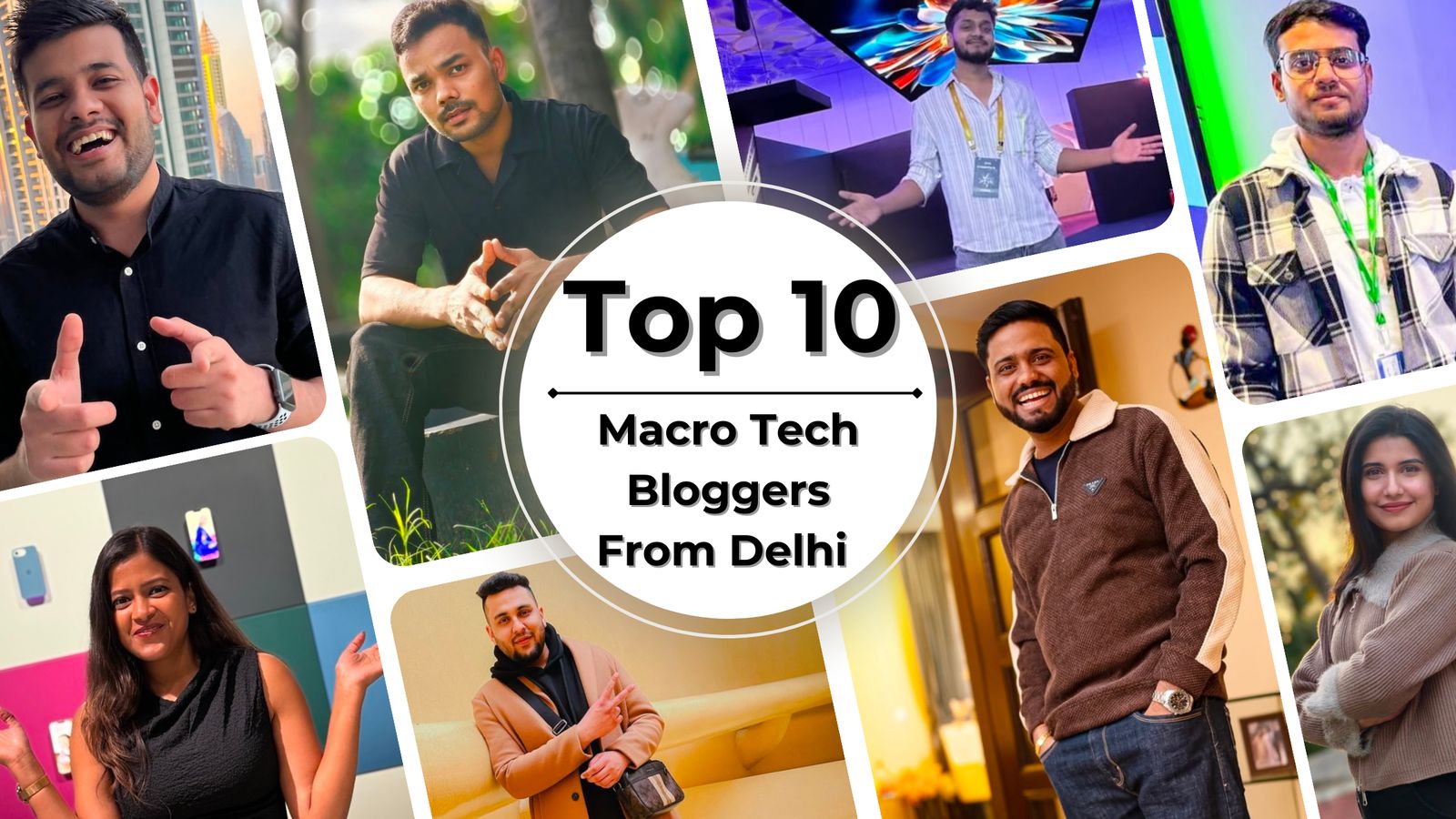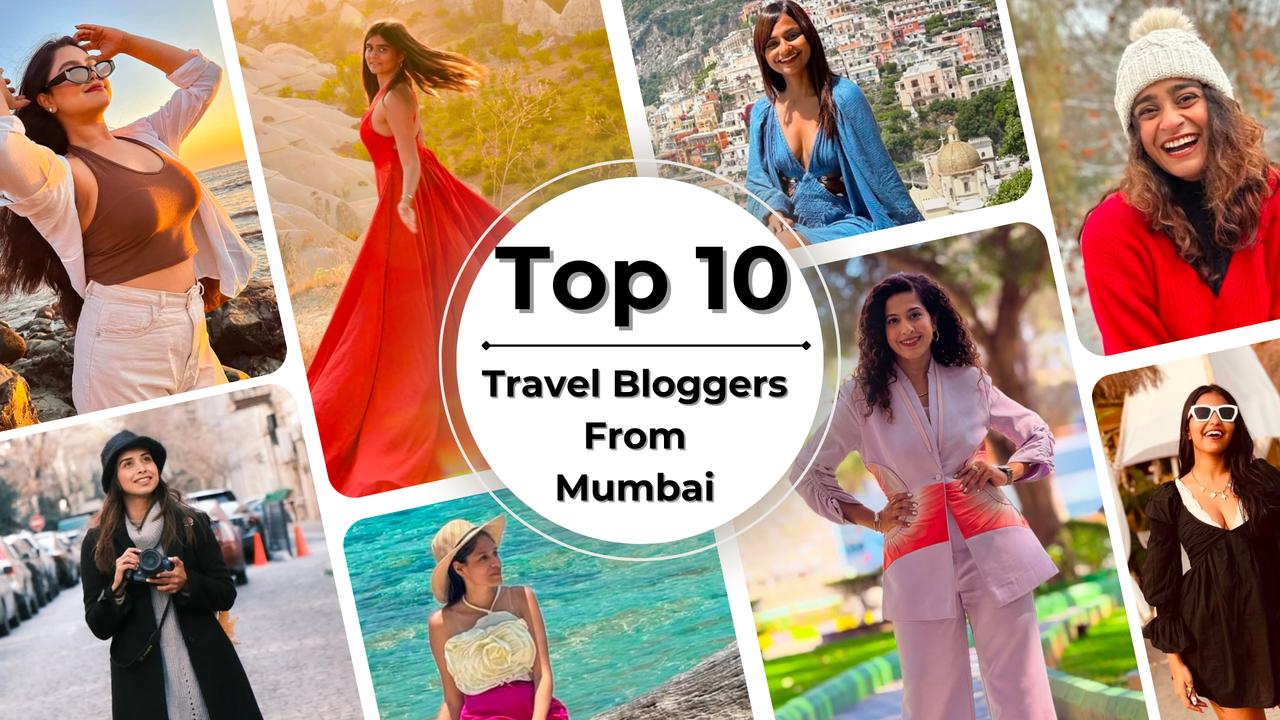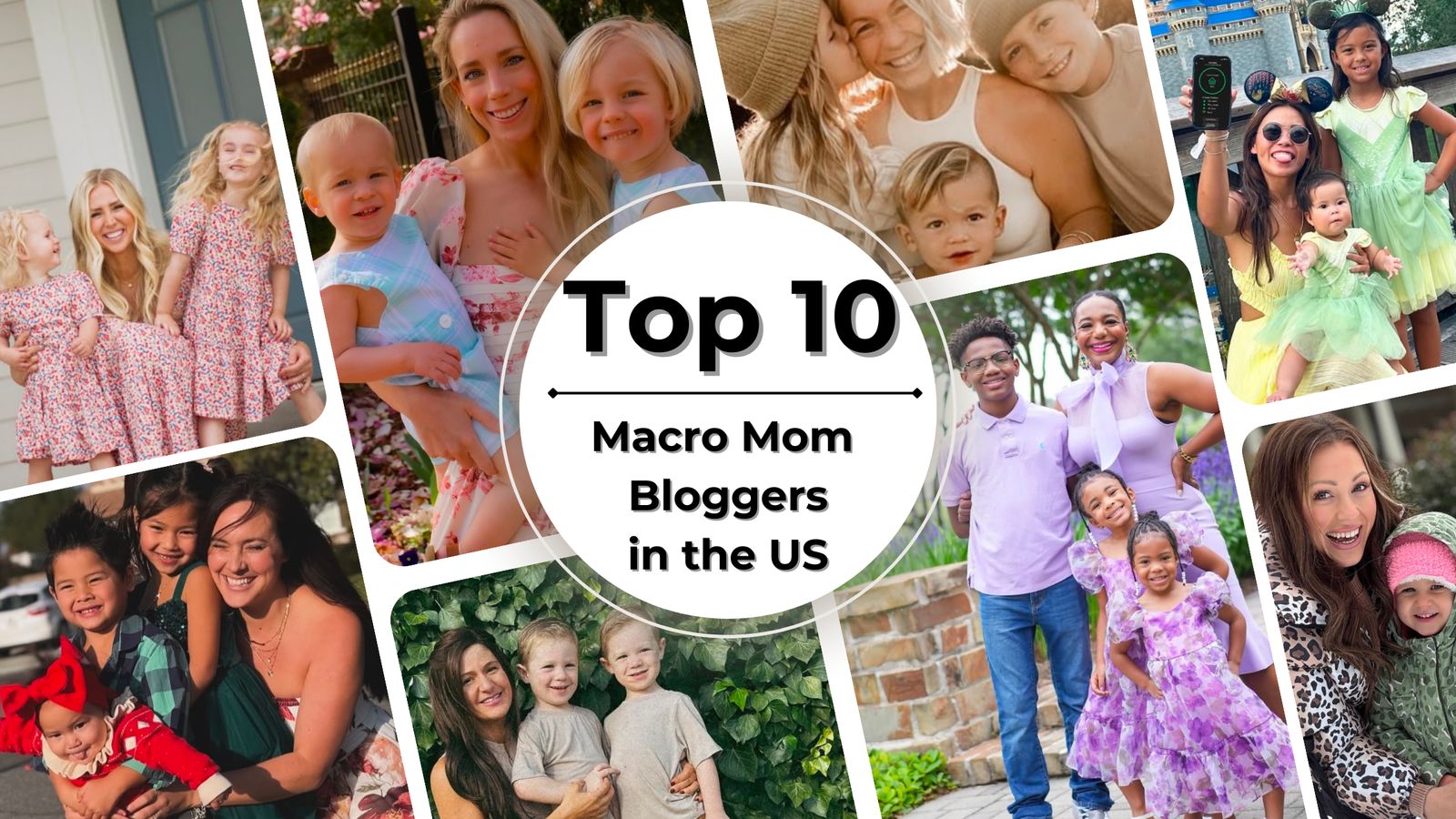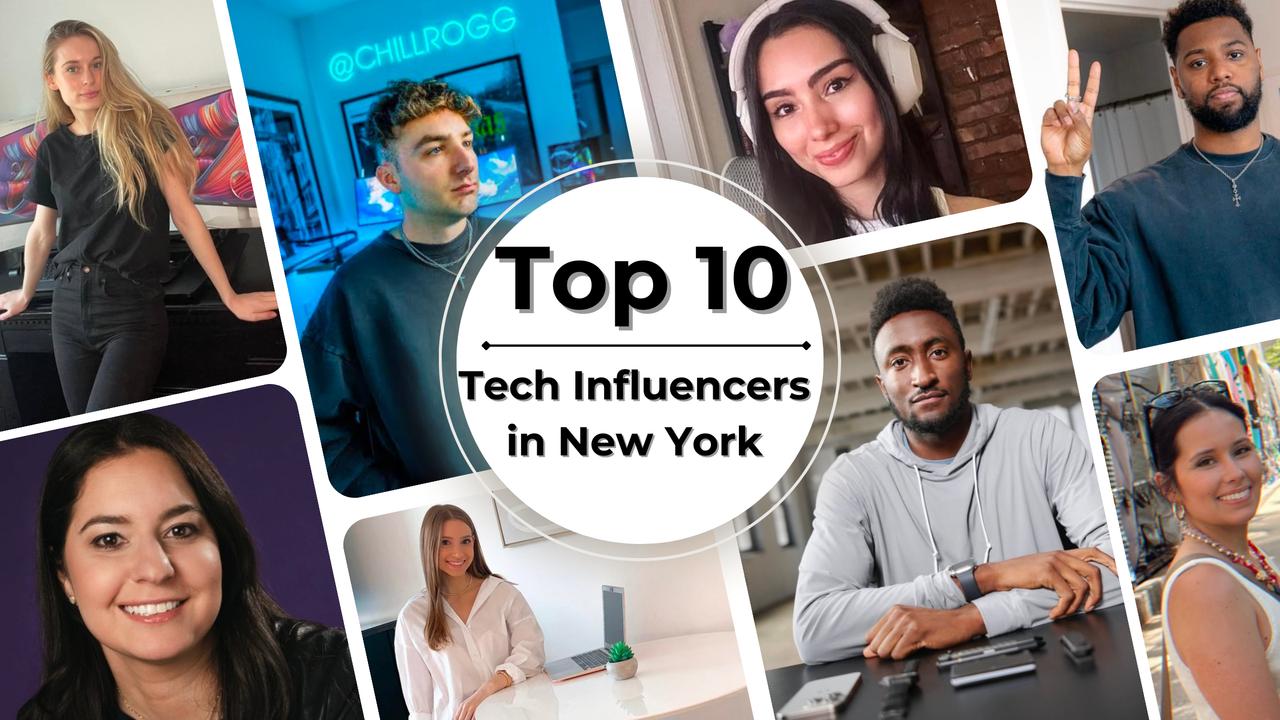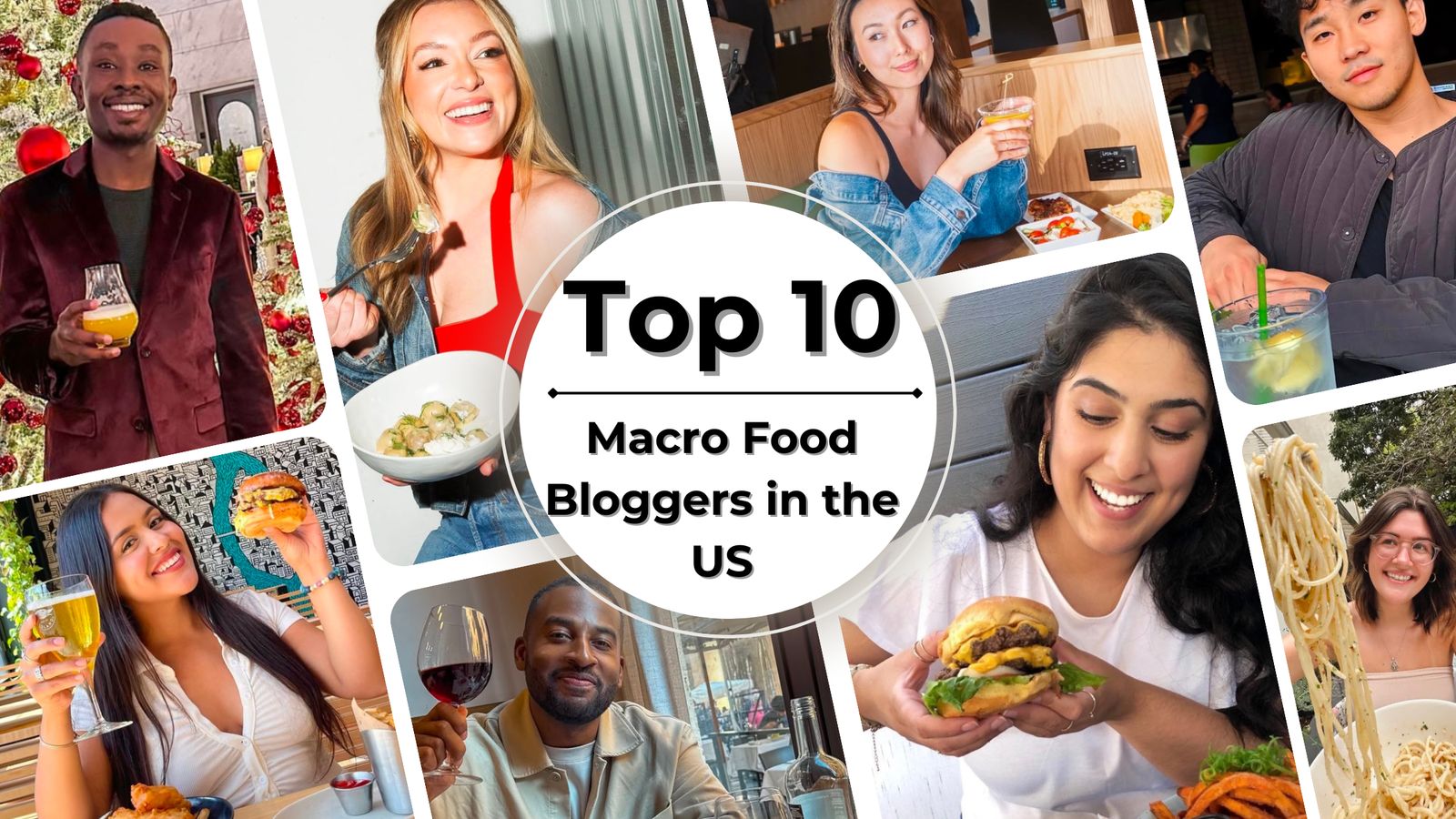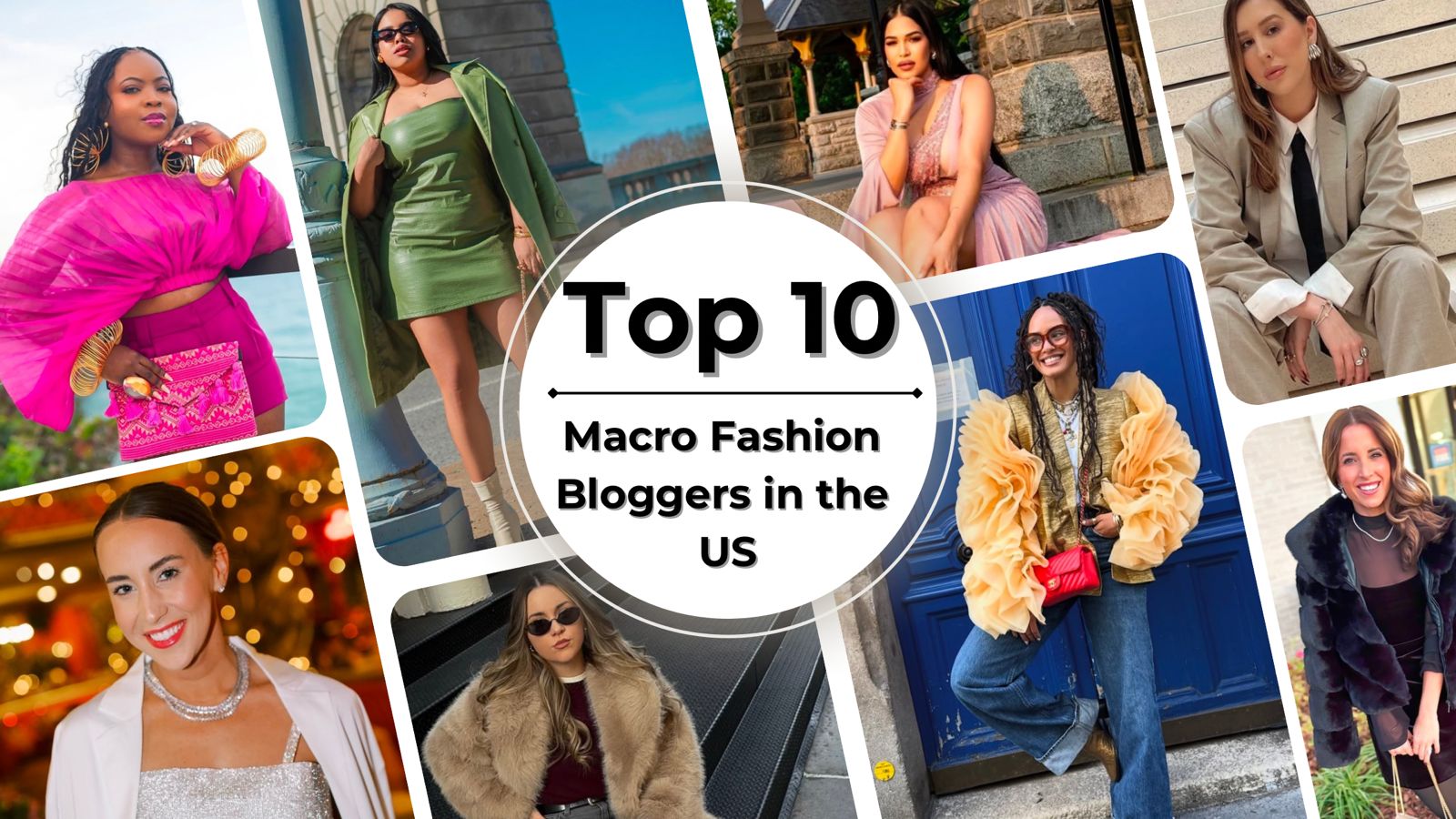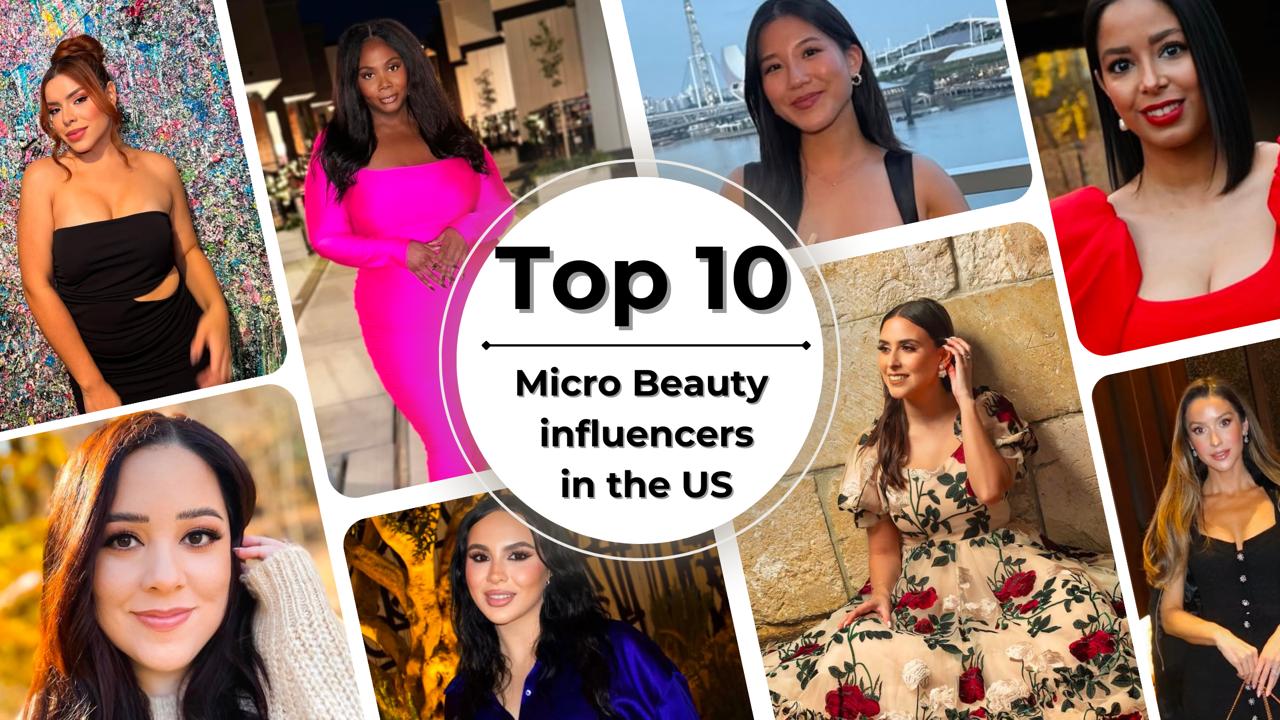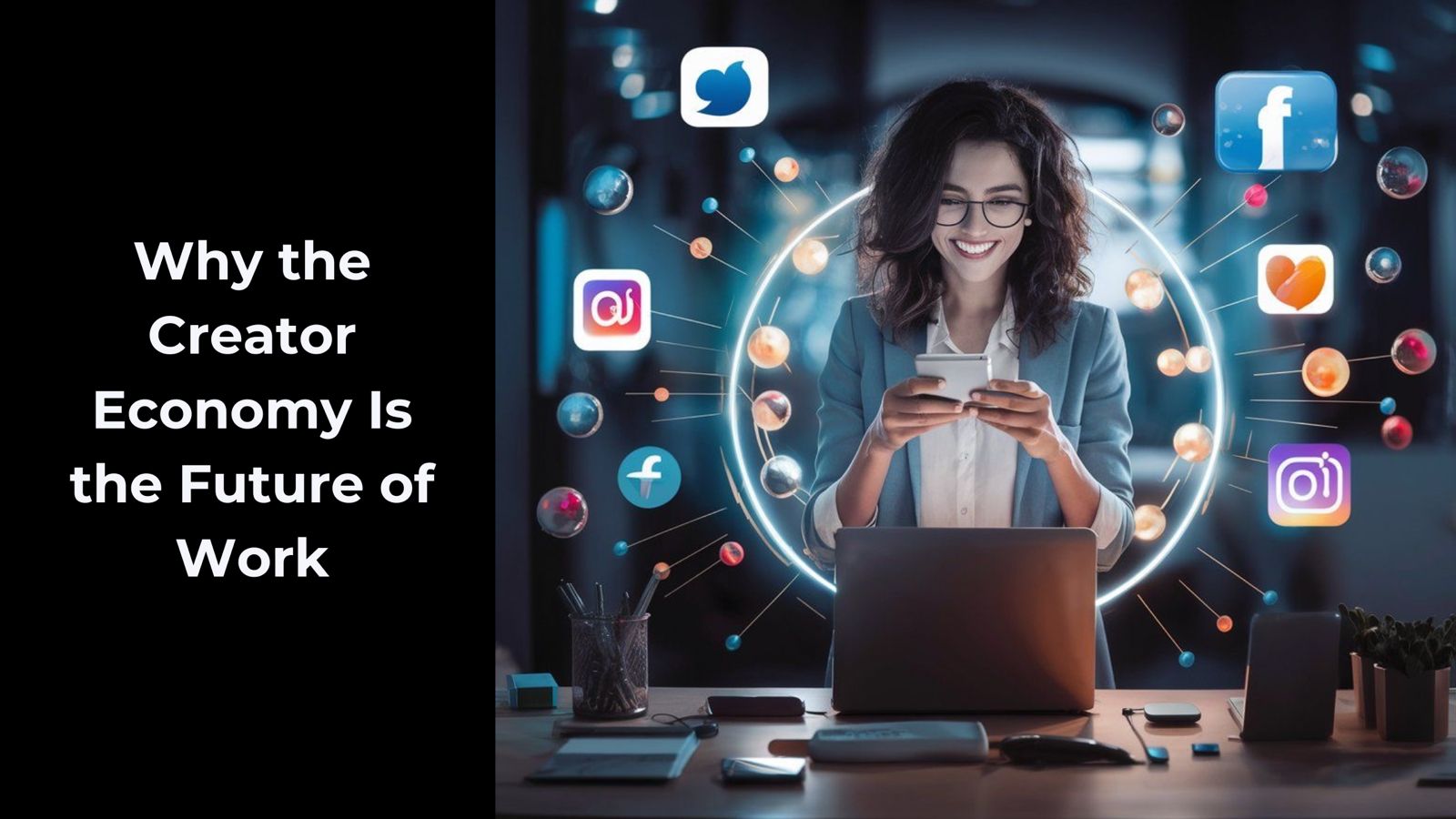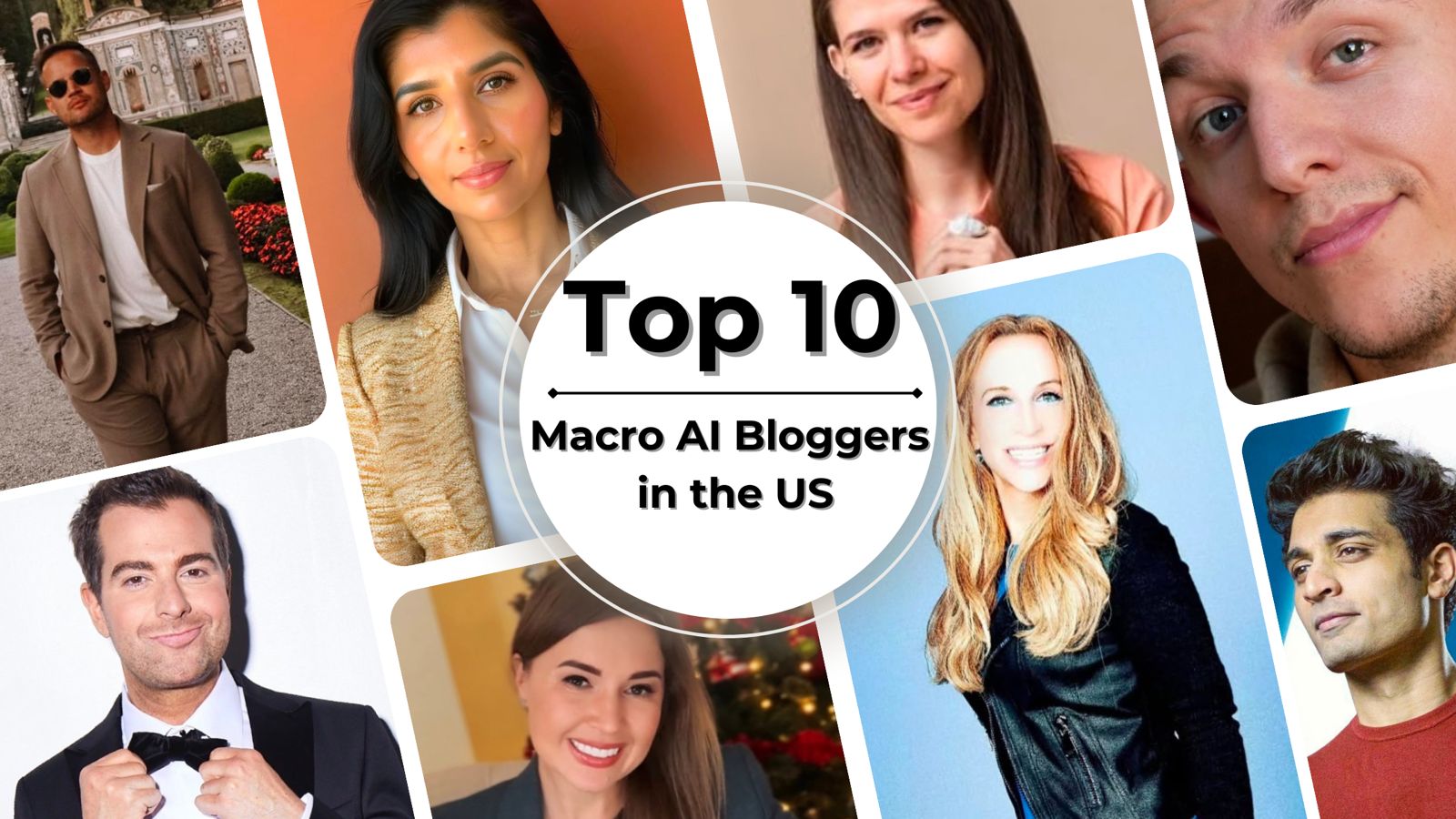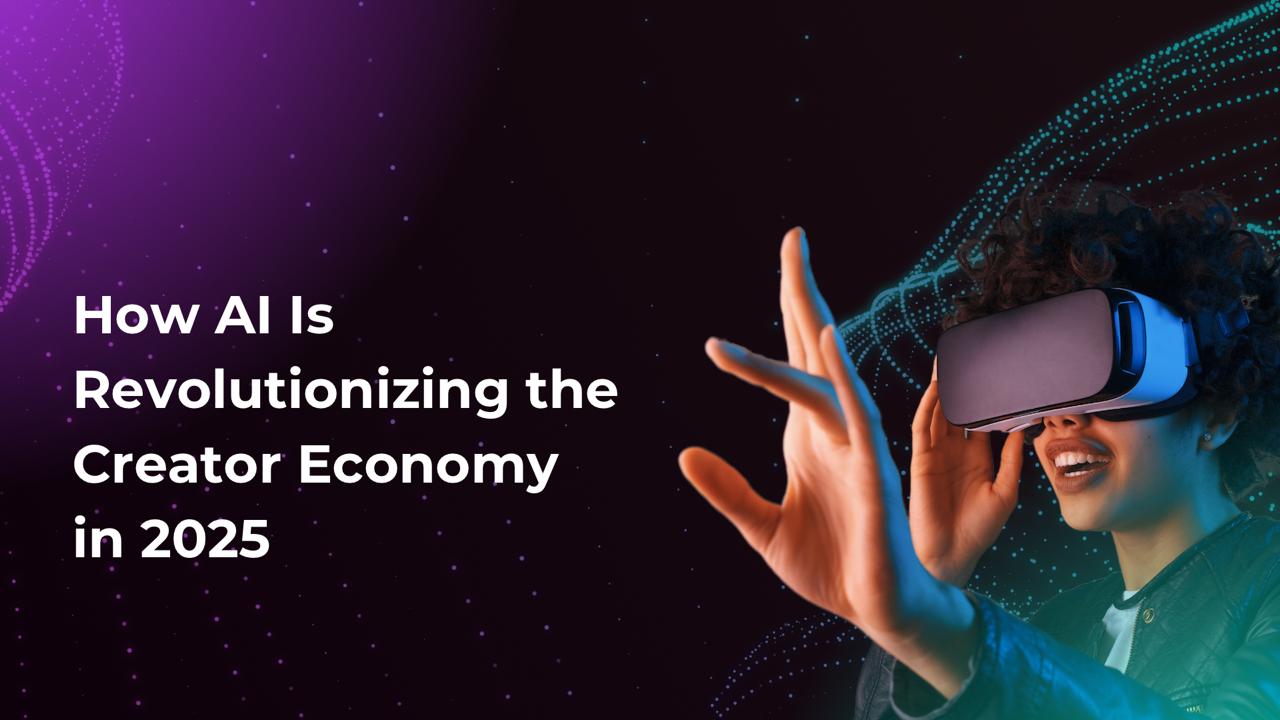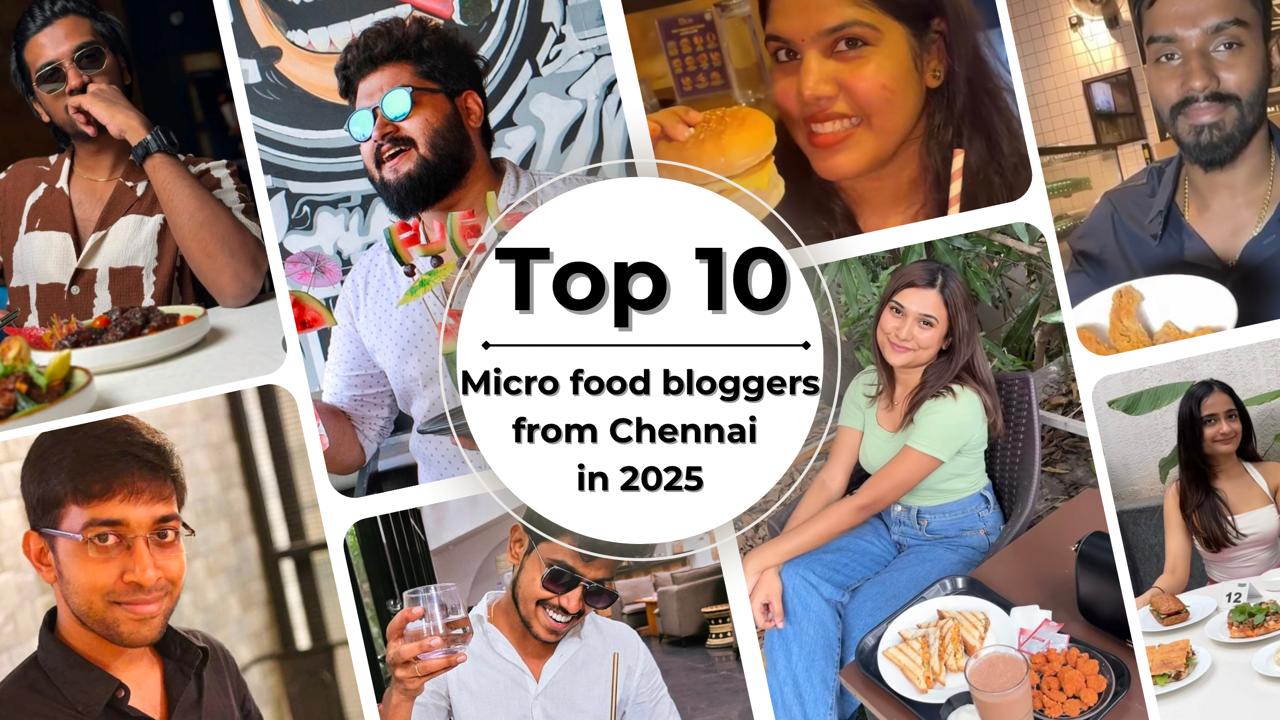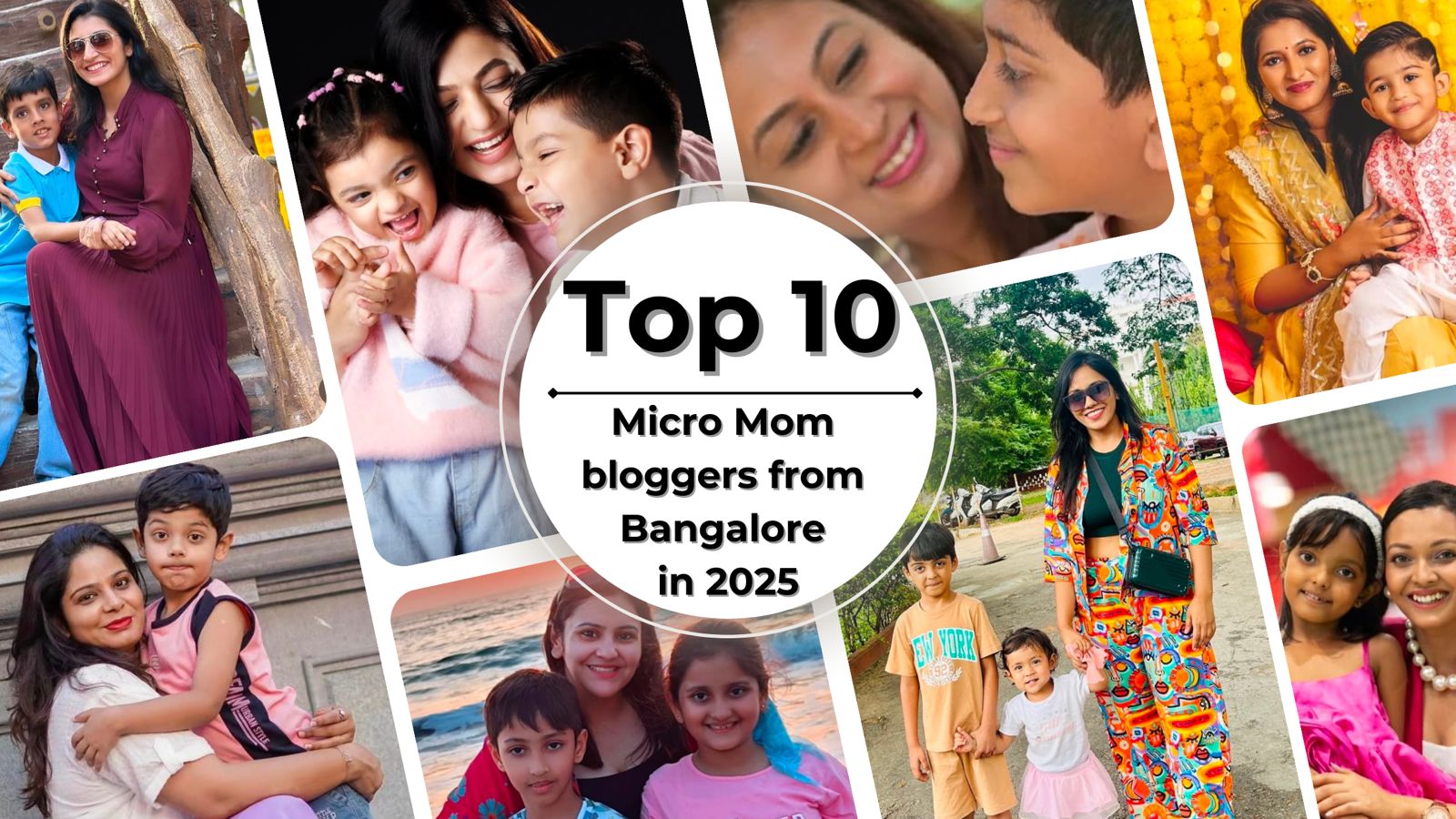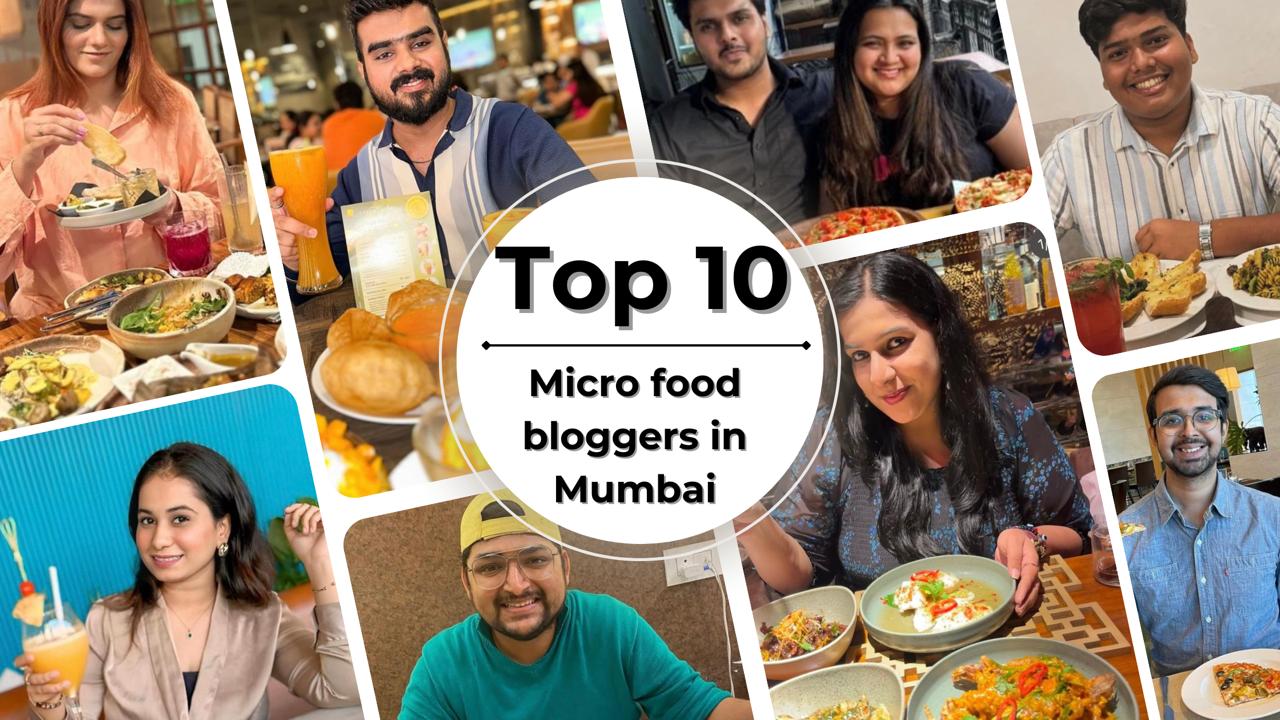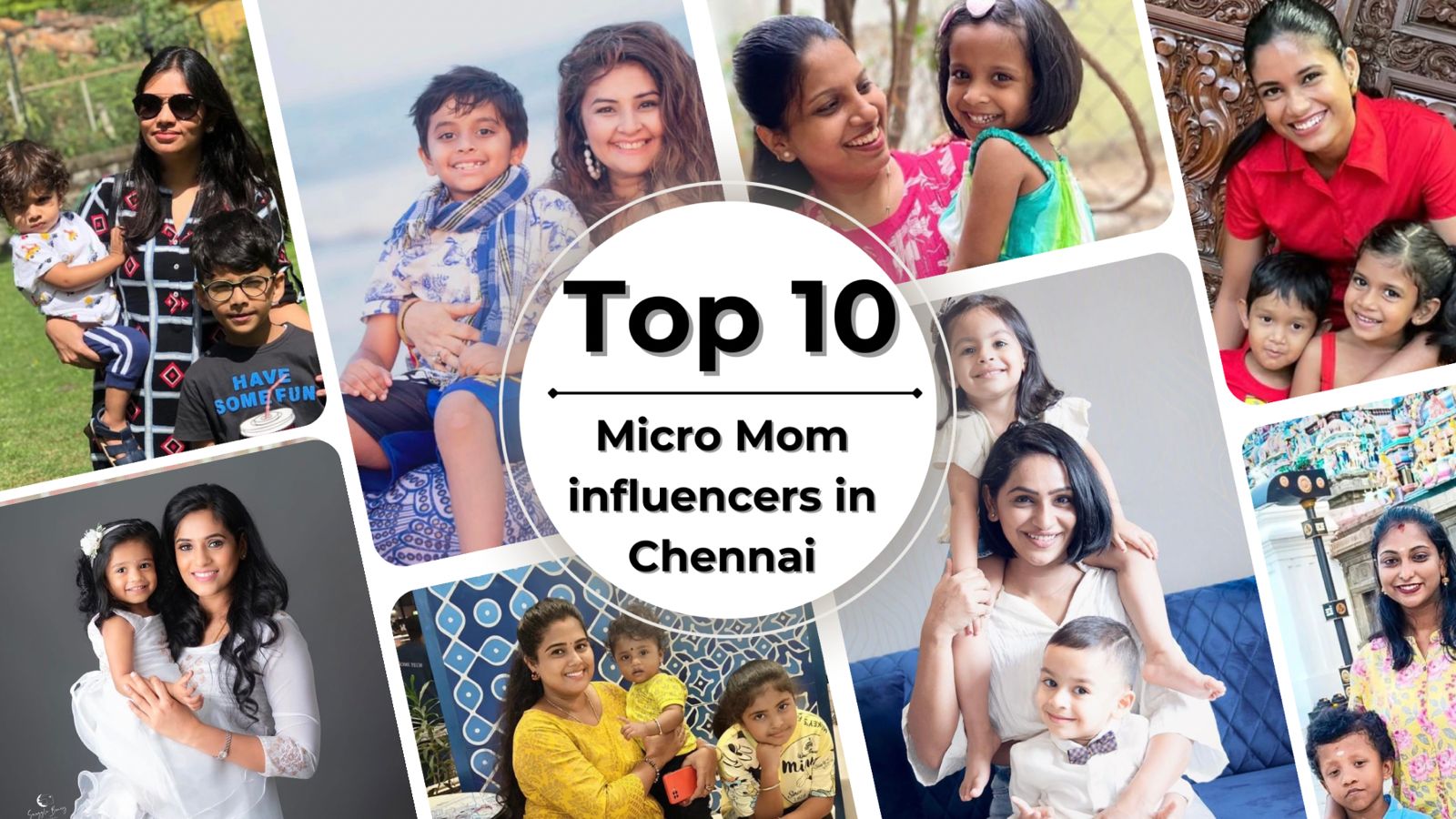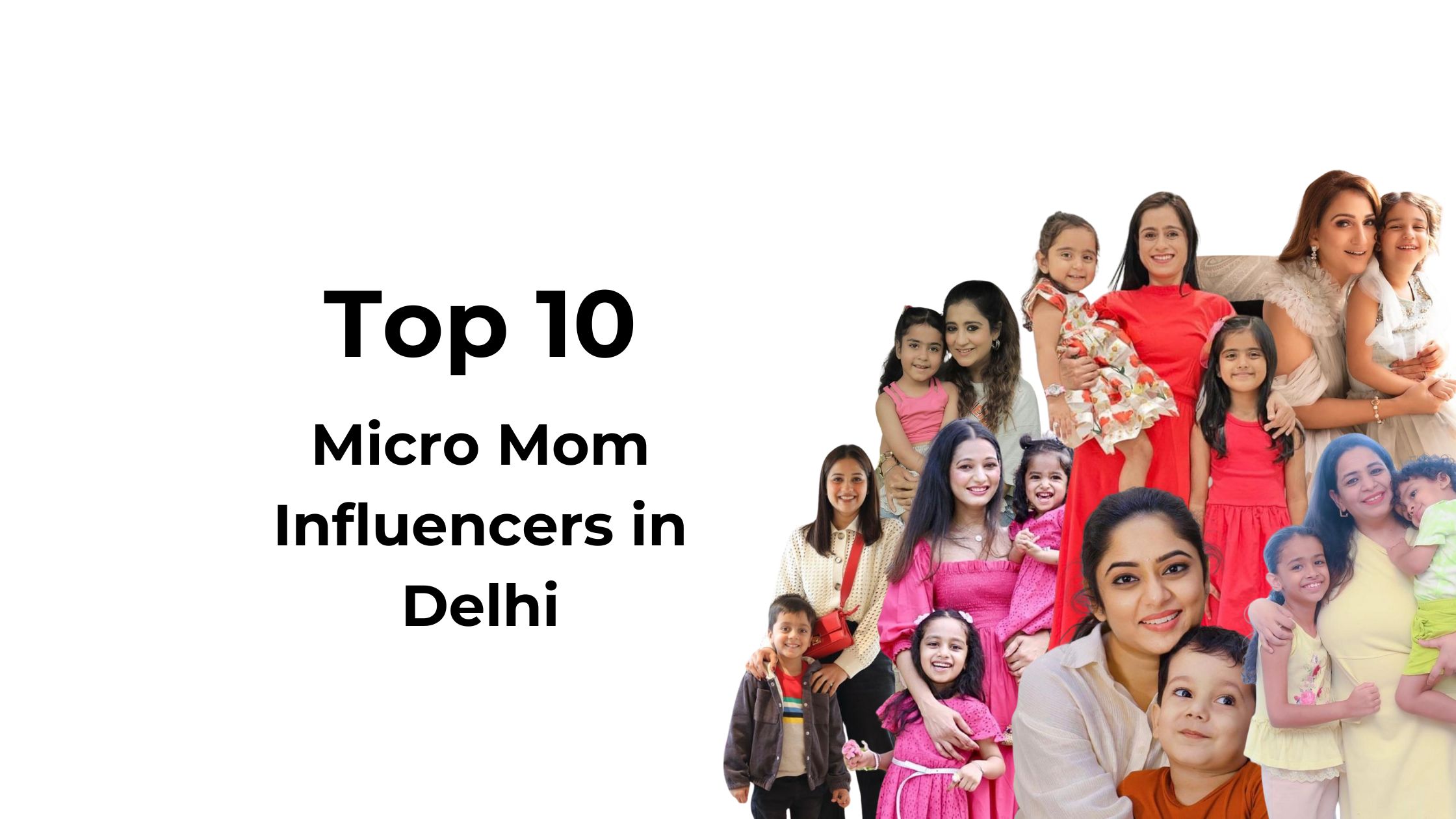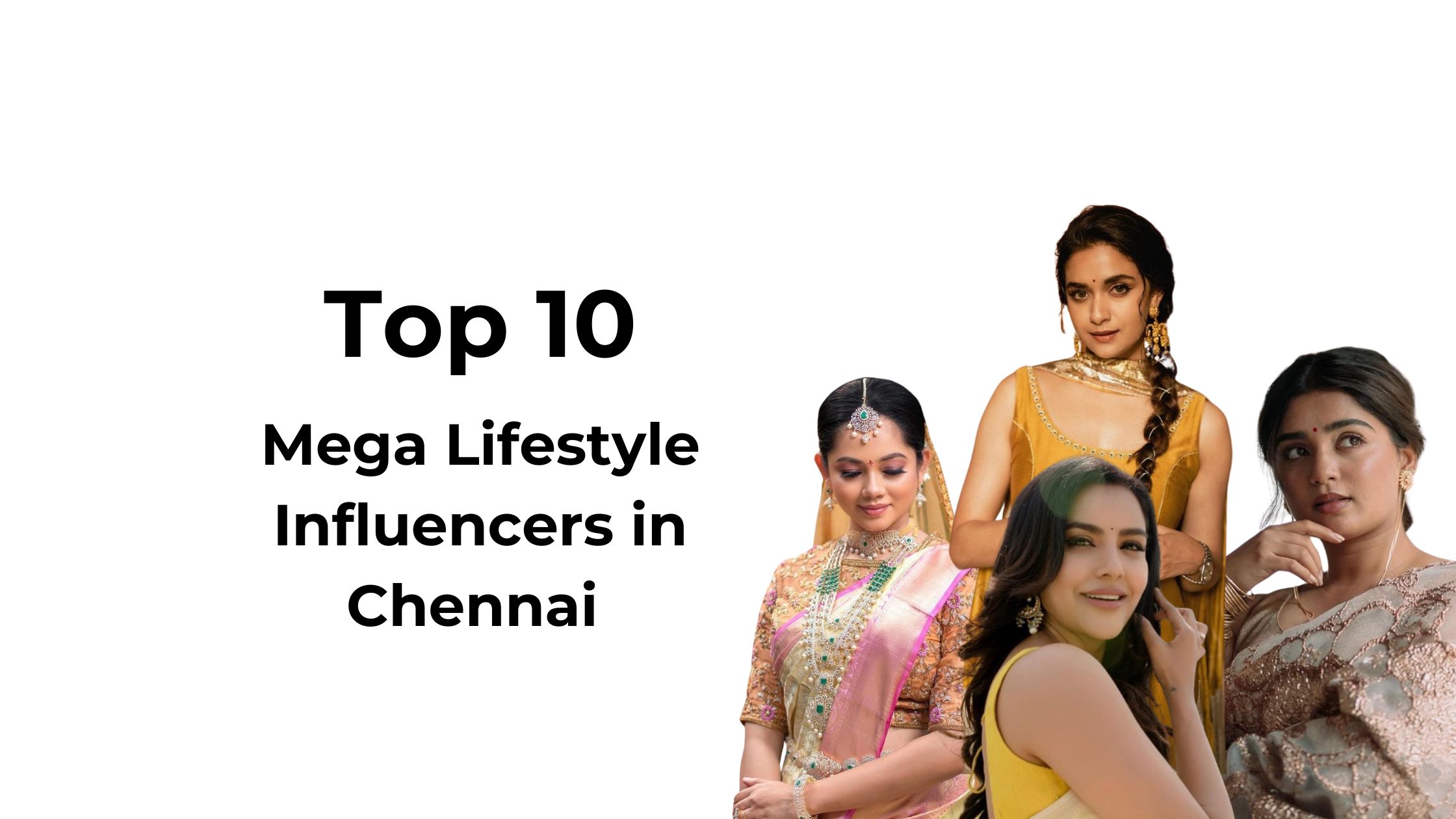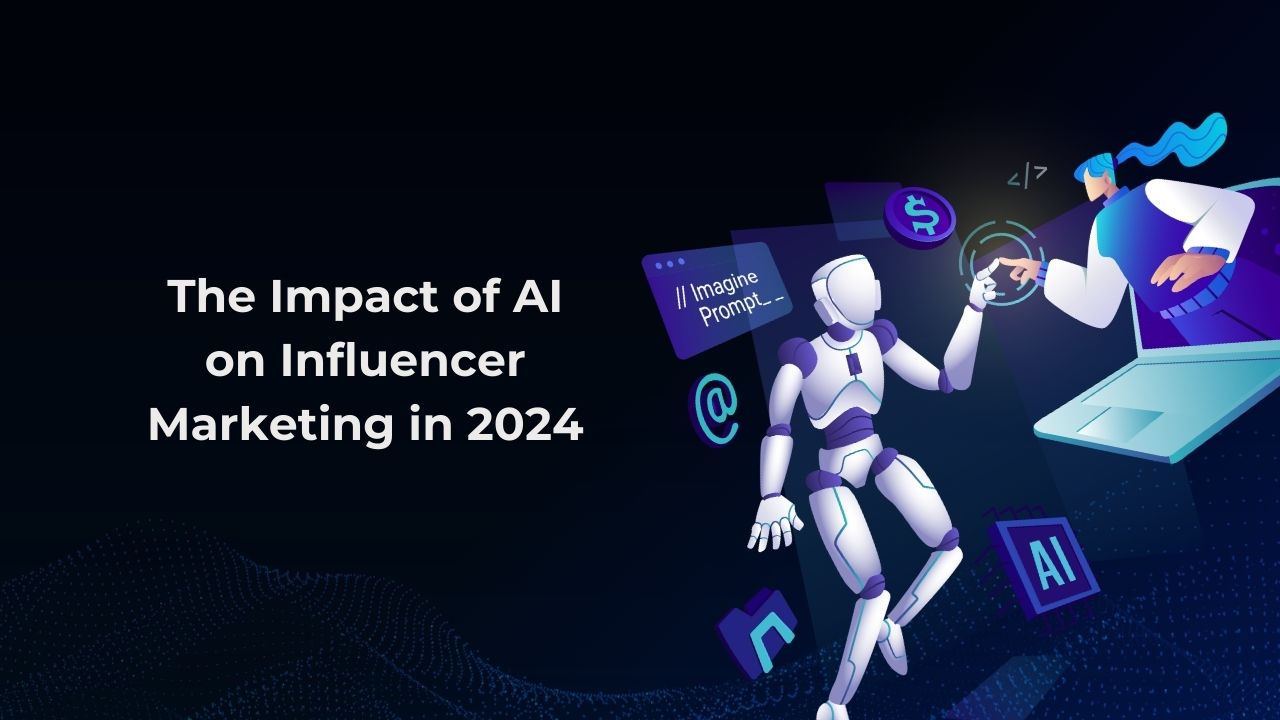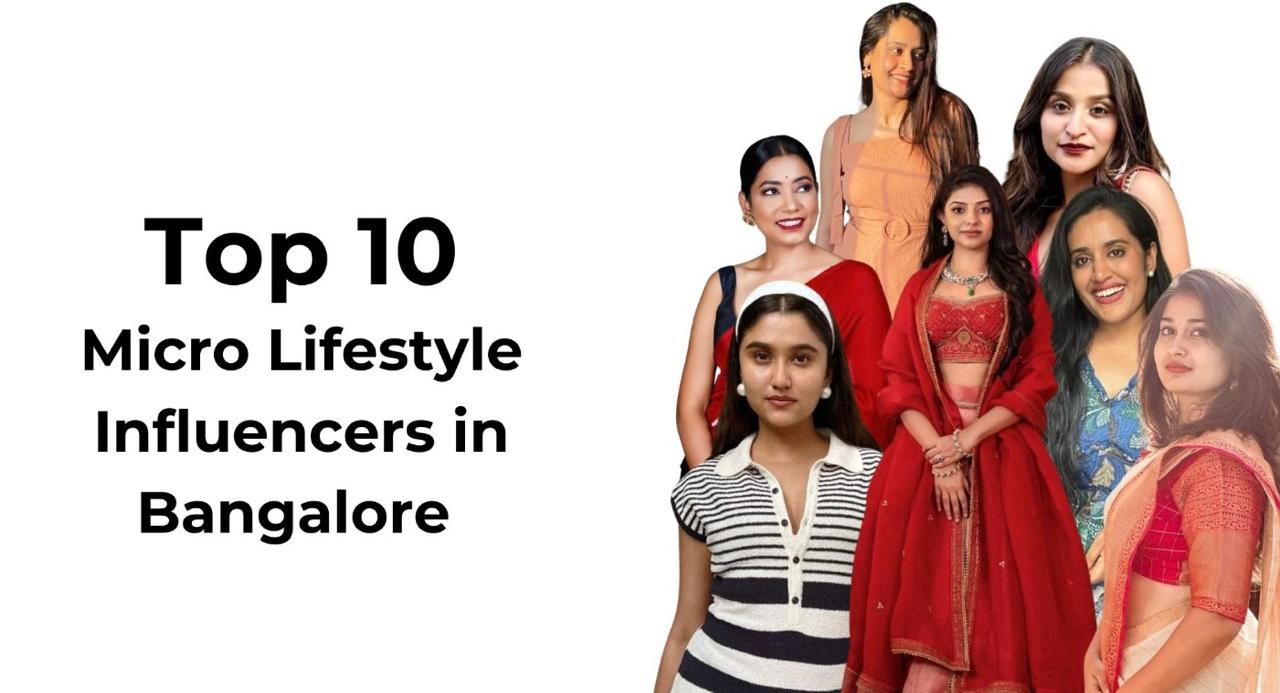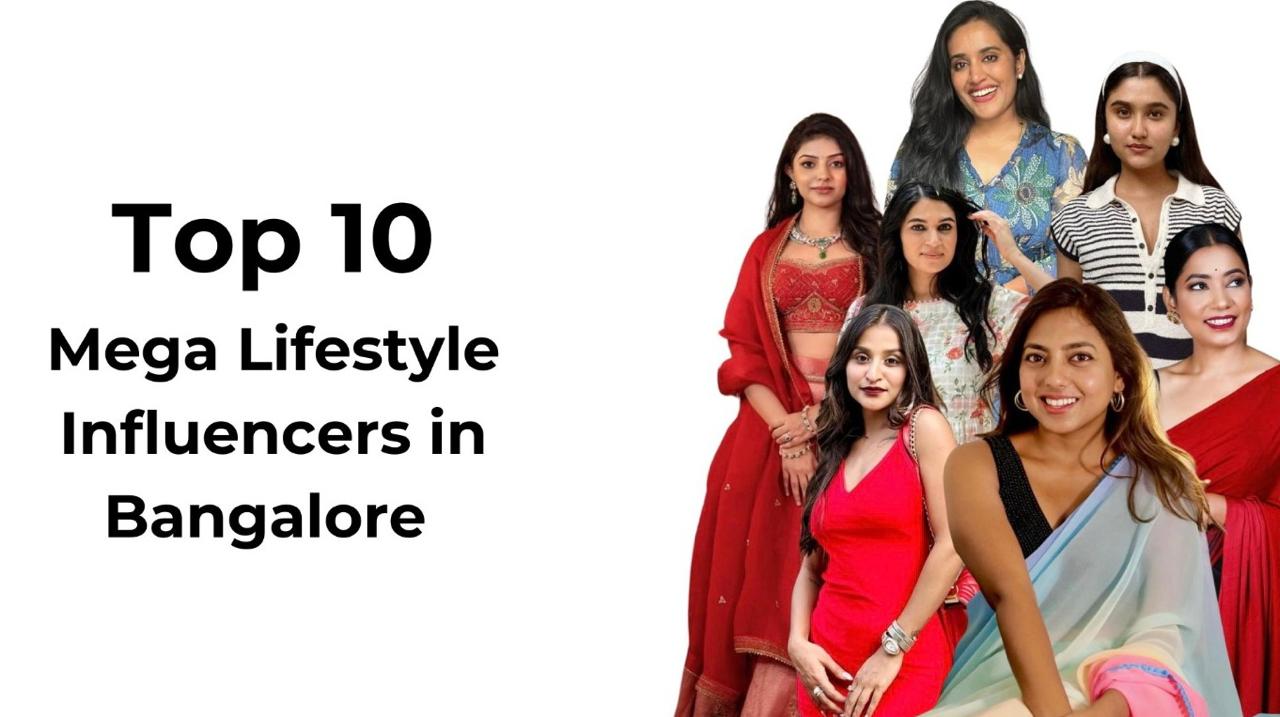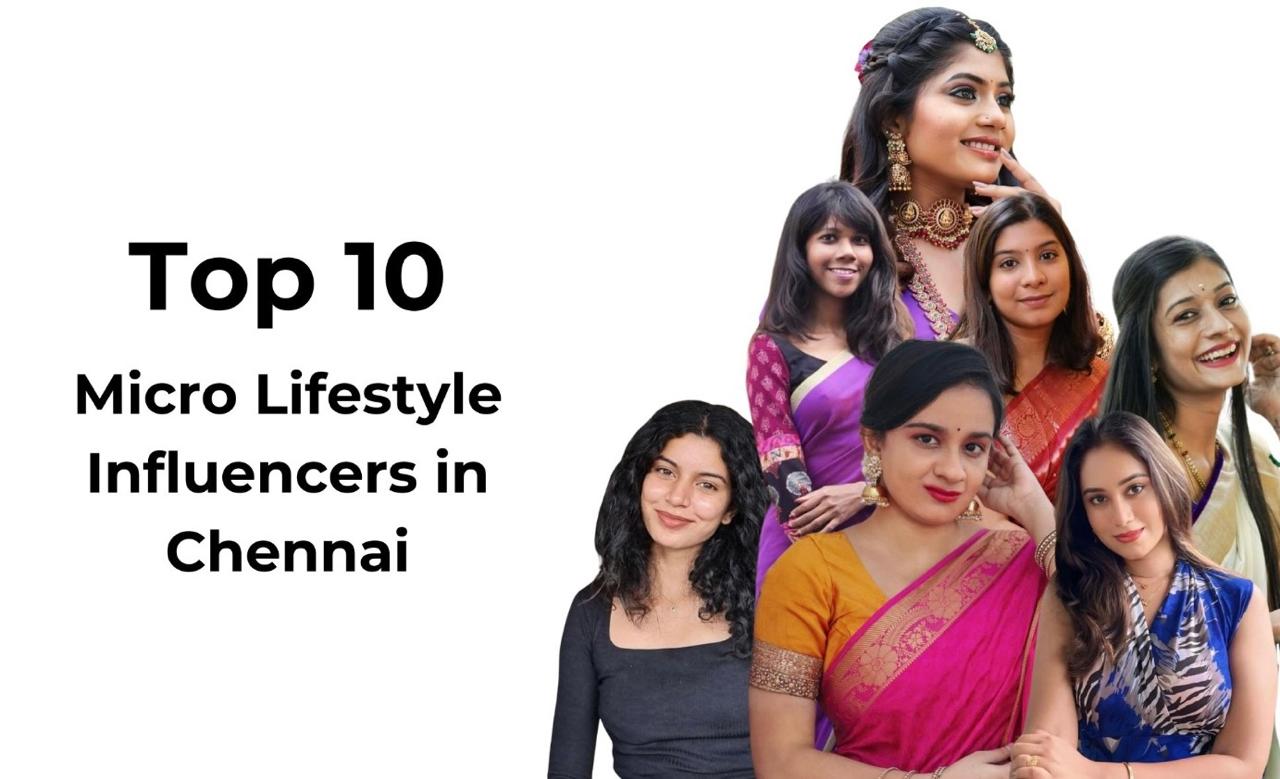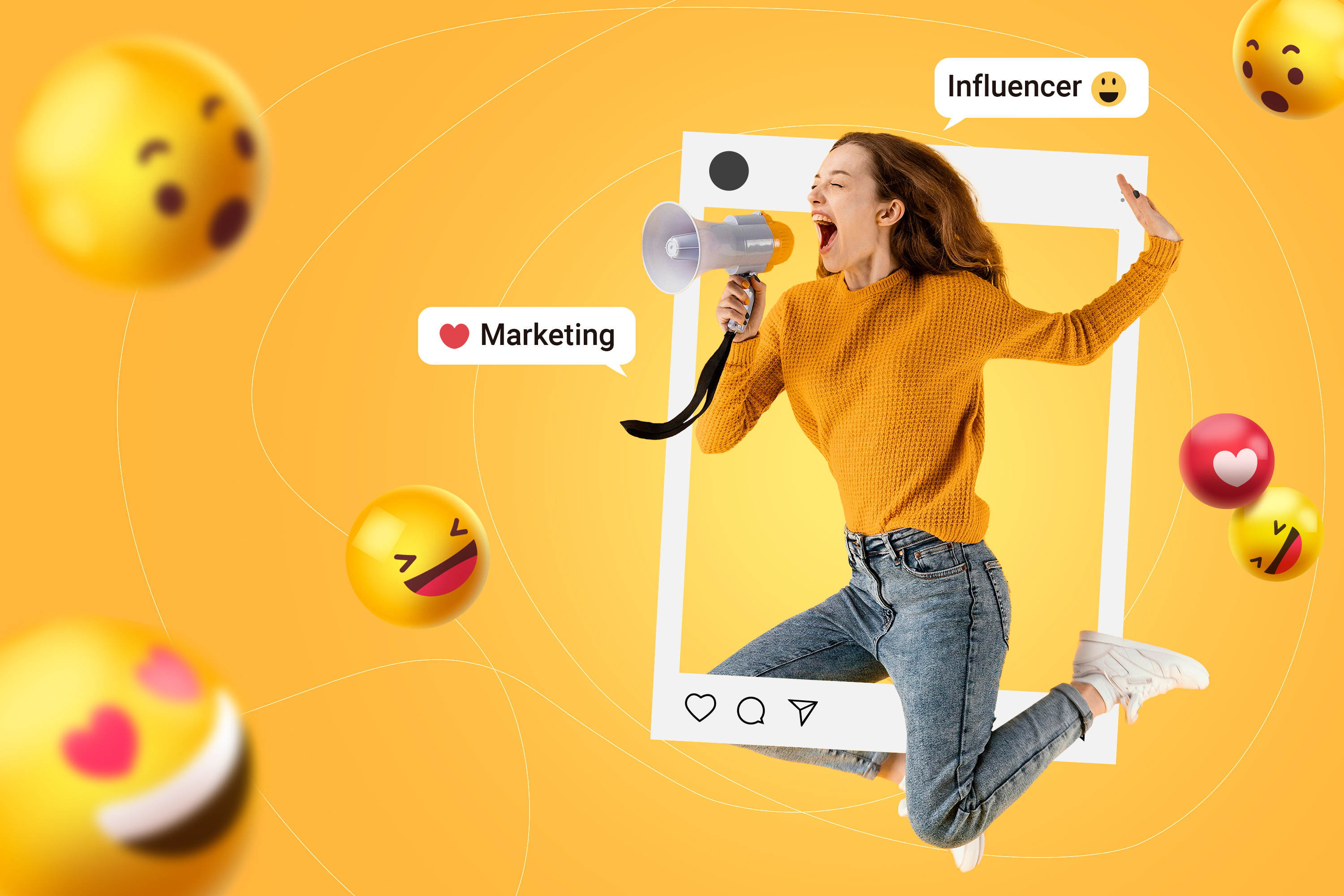Marketing today isn’t about selling products; it’s about creating a story, building trust, and forging connections that last. Enter Generation Z, a group that’s revolutionizing how brands communicate and collaborate. Born into a fast-paced digital world, they are trendsetters, culture shapers, and influencers who demand authenticity and innovation from the brands they interact with. Unlike previous generations, Gen Z approaches brands as partners, not just providers. They value sustainable practices, inclusivity, and transparency above all else. And with their keen eye for spotting anything fake, traditional marketing tactics often fall flat. Brands must adapt, evolving from transactional strategies to meaningful collaborations that resonate with this group’s unique values and preferences.
In this blog, we’ll dive into what sets Gen Z apart, explore how their preferences are reshaping the marketing landscape, and offer actionable insights for creating partnerships that inspire loyalty and drive impact. Whether you’re a small business or a global powerhouse, understanding the Gen Z mindset is crucial to building future-proof strategies.
Understanding Gen Z: The New Power Players of Collaboration
Who is Gen Z?

- Born Digital (Ages 10–28): Born between 1997 and 2015, Gen Z grew up with smartphones, social media, and 24/7 internet. They don’t just follow trends — they create them. Fast, bold, and digital to the core, they expect brands to keep up.
- Always Connected: Spending 7+ hours online daily, Gen Z builds communities, sparks conversations, and moves culture in real-time. To connect with them, you have to meet them where they are — and move at their speed.
- Values-Driven: Gen Z supports brands that stand for something — sustainability, mental health, diversity, authenticity. If you’re not real, you’re invisible.
- Creators, Not Just Consumers: Gen Z doesn’t just consume — they co create. They remix trends, launch movements, and expect to collaborate, not just be sold to.
- Skeptical but Fiercely Loyal: They question everything — but once they trust you, they stick with you and amplify your message like no other generation.
Why Should Brands Care About Gen Z?

1. Growing Economic Power: With their increasing earning capacity, Gen Z is influencing global spending trends, both as direct consumers and as influencers of family purchases.
2. Shaping Culture and Trends: From viral TikTok challenges to the rise of sustainable fashion, this generation drives global cultural movements.
3. Demanding Accountability: Gen Z is holding brands accountable for their actions. Authenticity isn’t optional—it’s essential.
The Future of Brand Collaborations

Emerging Trends:
1. Creator-Led Content:
Gen Z responds better to content created by influencers they trust rather than polished ads. Collaborations with influencers, micro-influencers, and creators who embody a brand’s values are far more effective.
2. Interactive Experiences:
AR/VR campaigns, gamification, and virtual product demonstrations are redefining how brands engage audiences. For example, Sephora’s AR makeup try-ons are a hit with Gen Z.
3. Short-Form Video Content:
Platforms like TikTok and Instagram Reels have become the hub for short, engaging videos. Brands like Chipotle, which use TikTok challenges, have successfully captured Gen Z’s attention.
4. Sustainability and Ethical Practices:
Gen Z actively supports brands that prioritize the planet and people. Companies like Patagonia and Everlane have gained loyalty by highlighting their sustainability efforts.
5. Inclusivity and Representation:
Collaborations that feature diverse voices and highlight inclusivity resonate deeply with Gen Z.
New Forces Shaping Brand Collaborations:
1. Co-Creation with Consumers:
Gen Z expects to be part of the creative process. Brands involving them in product designs, ideas, or marketing decisions gain stronger loyalty.
Example: Crocs crowdsourcing designs from fans.
2. Building Digital Communities:
Beyond followers, brands are building private groups on Discord or Instagram where Gen Z feels a sense of belonging.
Example: Glossier’s exclusive customer communities.
3. AI-Driven Personalization:
Gen Z prefers personalized shopping and content experiences powered by AI but still values a human touch in communication.
Example: Spotify’s AI-curated playlists.
4. Purpose-Led Campaigns:
Brands partnering with social causes resonate deeply. Gen Z demands brands to actively support issues like sustainability, mental health, and equality.
Example: Patagonia’s ongoing environmental activism.
Actionable Steps for Brands to win over Gen Z

Here’s how brands can adapt their collaboration strategies to align with Gen Z preferences:
1. Co-Create Content:
Partner with influencers and audiences to create campaigns together — Gen Z wants to shape, not just watch.
2. Use Tech Creatively:
Bring in AR try-ons, virtual events, and interactive ads to create fun, immersive experiences.
3. Be Radically Transparent:
Share your sourcing, values, and behind-the-scenes stories. Gen Z trusts brands that stay real.
4. Stand for a Cause:
Tie campaigns to real issues like sustainability, mental health, or inclusivity — not just product features.
5. Work with Micro-Influencers:
Smaller creators often drive deeper engagement by speaking directly to niche communities.
Real-Life Examples of Gen Z Centric Campaigns

According to a recent Piper Sandler survey, the top fashion brands among Gen Z are Nike, Lululemon, American Eagle, PacSun, and Shein for clothing; Nike, Converse, Adidas, Vans, and New Balance for footwear; and Coach, Louis Vuitton, Kate Spade, Michael Kors, and Chanelfor handbags. These brands clearly reflect Gen Z’s preference for authenticity, diversity, and social impact. Nike, leading both clothing (35%) and footwear (61%) categories, has built deep connections with Gen Z through powerful campaigns like “You Can’t Stop Us,” which highlights diversity and resilience. Coach, topping the handbag category (19%), has stayed relevant by modernizing its brand image and collaborating with influencers that resonate with younger consumers. Beauty and fashion brands outside the survey, like Fenty Beauty and Aerie (through their #AerieREAL campaign), have also captured Gen Z’s attention by promoting inclusivity, body positivity, and authenticity — values that are becoming non-negotiable for the future of brand collaborations.
Shaping the Future, Together
Generation Z isn’t just shaping the future—they’re living it. Their preferences for authenticity, creativity, and values-driven campaigns are transforming brand collaborations into partnerships that feel less transactional and more meaningful. For brands, this is an opportunity to rise above the noise by connecting deeply with audiences and creating campaigns that truly matter. Whether it’s crafting relatable influencer collaborations, leveraging cutting-edge technology like AR and VR, or championing important causes, brands that align with Gen Z’s ethos stand to gain loyalty, trust, and cultural relevance. In this fast-evolving landscape, the brands that thrive will be those that listen, adapt, and innovate.
Don’t miss the chance to connect with Gen Z on their terms. Click here to sign up now: https://www.findcollab.com/signup-brand Your go-to platform for aligning with the right influencers and creating campaigns that make an impact. Together, let’s craft the collaborations of tomorrow!


